|
|
|
It has been six months since we moved into our new home. In that time, my husband has pointed out to me on three occasions a decluttering version of "I told you so". After discovering a use for something I chose to get rid of, he has essentially said, "This is why you don't get rid of things you might use." I adore my husband, but I respectfully disagree. In all three cases, I am content with my choice even though it meant replacing each of the items in question. Lest you think I'm a lunatic, I will endeavor to explain.
Ten years ago our youngest son did an experiment in bouyancy for his fifth grade science project. It required approximately 40 ping pong balls which we have retained in our possession ever since (until our recent move). We do not own a ping pong table or have access to one. At one point several years ago I made a vain attempt to repurpose the ping pong balls after seeing an idea on Pinterest. This involved writing tasks/activities on each ball. My son was not nearly as impressed with the idea as I was, and the ping pong balls soon found their way back to the garage. Thus, I felt completely justified in tossing them out when it came time to move. As luck would have it, mere weeks after discarding the ping pong balls, my husband was put in charge of securing supplies for a church youth activity. They planned to play a series of Minute to Win It games, one of which required...ping pong balls. Here's why I do not regret my decision to toss out those ping pong balls:
A couple of years ago we created a cement patio in our back yard. In preparation for the project, we pulled up eight square red brick pavers which have been sitting in our shop ever since. In preparation for the move, I offered them up on Facebook, and they were quickly claimed by a friend. She had the perfect spot for them. They actually solved a problem she'd been battling in her yard, and she was thrilled to get them. Several of the flower beds in our new house are filled with rock. One such bed is a narrow strip between the driveway and the front walk. A couple of weeks ago we decided to space flower pots in the rock to add some color and interest to the area. We decided it would be useful to put down pavers underneath the pots so they would sit flat. Again, my husband pointed out that we were buying something we had only recently given away, but I was completely comfortable defending that decision. Here's why:
We moved in December, and I honestly wasn't thinking much about spring and planting flowers. I was thinking about downsizing. In my zeal to lighten our load, I gave away six or eight mismatched plastic flower pots in varying sizes. All of them were sun faded and some of them were a little cracked around the rim. Now it's May, and I'm busily striving to beautify my new yard and increase my home's curb appeal (see the above entry for details). As we drove to Home Depot to shop for flower pots, my husband jokingly said, "It's too bad we didn't have a bunch of flower pots lying around that we could have used." Haha. I know. I know. Once again, I was unphased by the fact that we were replacing something we had recently owned and given away, and this is why:
Might is a word I hear often as an organizer. "I can't get rid of that because it might come in handy." Or "You never know when you might need a...." Other related words include ought, should, and could. All of these words convey a sense of uncertainty coupled with a vague notion of obligation. Most people, if questioned, would no doubt indicate an unwillingness to let fear serve as a primary motivator for their decisions and behavior. Yet many of us do just that when we succumb to the influence of 'might'. In essence, we let our belongings bully us. We keep things that serve no apparent or meaningful purpose in our lives - things we have no emotional attachment to or conceivable use for - simply because they might be needed. Instead of sacrificing precious space for things that may or may not prove useful at some future date, why not make space for the things you have a use for and interest in right now?
A client recently complained to me that "organizers always say that holding onto things you might need is pointless because you never use them." I admit, I'm guilty as charged. This person went on to express her amazement at how many times she has been saved at the last minute because she held onto something she needed. This well-meaning individual failed to see the flaw in her reasoning, which is this: there is a difference between an actual need/use and a hypothetical one. In her case, she was actually using the things she had chosen to keep. The problem arises when we aren't sure when or if an item will prove useful. If you can visualize a legitimate use for something, by all means, hold onto that item. If, however, you only have an ambiguous notion that it could serve some purpose someday - but no real notion of what that purpose could be - please consider getting rid of the item.
When trying to determine which of your 'mights' are legitimate and which are simply nebulous, I recommend doing a cost comparison. There are many different costs associated with keeping vs. replacing an item. Consider the following:
When it comes down to it, there are a couple of questions we should ask ourselves when considering whether or not to keep the 'mights' in our lives:
There is no wrong answer to these questions. Only you can decide what a particular thing is worth to you, but I encourage you to take the time to think it through. If you decide you value other intangibles over the item, you can feel confident letting it go, even if a use actually does arise in the future. I hope that I have demonstrated through my personal experiences that discovering you could have used something you got rid of doesn't have to be devastating. In fact, it can be validating. In each of the cases I shared, I discovered that what I had wasn't really what I wanted. While the items in question could have been used to satisfy my purposes, I would not have been as happy with the results.
10 Comments
We've all heard the axiom "A place for everything, and everything in its place." I have often seen this statement attributed to Benjamin Franklin, but in researching the phrase, it seems that there is some question as to its actual origins which might date back as far as 1640. Whoever said it first, one thing is clear: this is a truth that has been understood for centuries, and with good reason. The proverb actually emphasizes two principles of organization. The first is that everything should have a designated place where it is stored. The second is that things should be returned to their rightful place when not in use. These truths seem obvious enough, but the fact is that both aspects of this maxim can, and do, present challenges for some (if not most) people. Does Everything Really Need a Place?Yes. The answer to this question is yes. Which probably leads you to ask another, more direct question: why? The simple answer to the second query is clutter. Anything that doesn't have a home is clutter, and clutter is the enemy of us all. Clutter causes confusion, frustration, anxiety, stress, and irritability. It zaps our time, energy, creativity, productivity, and even our money (ever had to buy something you knew you owned but couldn't find?). In contrast, a home where everything has its place, and everything resides in its proper place is peaceful, relaxing, inviting, and inspiring. When you walk into such a space, you want to sit down and stay awhile - after admiring all the lovely order. When things have a designated space, they aren't just easier to find, they're easier to appreciate. Cluttered shelves, countertops, and surfaces swallow up everything that resides on them. It's as if they fall into a visual hole. Their identity is lost in the jumble. AFFILIATE DISCLOSURE: This post contains affiliate links. This just means that there are product suggestions included within the text. Should you click on one of the links and decide to make a purchase, I will receive a small commission. I only suggest products I love and have experience with that are directly related to the content in this post. You can view my Disclosure Statement for more information. Thank you for your support! Finding Everything a PlaceThe first step to finding a place for everything in your home begins with determining which things deserve a place in your home. That means decluttering, or purging your belongings. Once you've paired down your belongings to those things that serve a purpose and/or speak to your heart, it's time to determine where they should reside. Try implementing these suggestions for finding a home for all the things within your home. Consider Logical Locations I'm a big fan of creating a whole house storage plan. This involves thinking through the storage spaces in your home and determining what should go where. During our recent move (and numerous previous moves), I applied this concept to every space in our home, not just the storage spaces. For instance, I mapped out my kitchen and decided (before unpacking) what items should go where based on ease of use. To determine the best location for things, there are some basic guidelines you can apply.
Consider Space Limitations Almost everyone wishes they had more storage space. In many cases, you can increase your space's storage capacity by adding a shelf here or a storage solution there. For example:
The laundry room in our new home was spacious but it bothered me that there was a large swath of wall above the sink and washing machine that was completely unused. I asked our contractor (who was completing other work in the house) if he could build me some shelves to match the existing wall cabinet, and I'm so glad that I did! The addition of the shelves significantly increased the room's storage capacity, and I think it looks much more attractive as well.
Consider Storage Options When finding a place for things, the method of storage can be as important as the location. Different types of items require different types of containers. What's suitable for certain things, won't work well for others. Consider the following as you plan out where to place things:
Of course not all things are intended to be tucked away in a storage bin out of sight. Some things are meant to be viewed and enjoyed. Too much can be said about how to store and display specific types of items to go into the topic in depth here. Suffice it to say that those things you love to look at should inhabit a place of honor in your home. Display them where you can see them and in a way that does them justice. What to Do When You Don't Know
|
Everything In Its Place | |
The second part of our famous adage is "everything in its place". In other words, it is only helpful to have a place for everything if things are placed where they belong when not in use. This is a different skill set and involves forming certain habits such as:
To some these behaviors may seem tedious and time-consuming. In reality, each of these tasks take mere moments to perform when done as they arise, and the result is well worth the effort. Think how wonderful it feels to walk into a tidy, organized space at the end of a long day versus walking into an unkempt, disorderly space. The former is relaxing, while the latter increases stress and tension.
- hanging up coats and placing shoes and bags where they belong when entering the home
- putting dirty clothes in the hamper upon removing them and putting clean clothes in the closet or dresser once washed
- putting dirty dishes in the dishwasher (or washing them as soon as they are used)
- making the bed
- putting toys, games, books, movies, projects, supplies, and tools away after each use
- resetting a room upon leaving the space - i.e. putting everything back where it belongs
To some these behaviors may seem tedious and time-consuming. In reality, each of these tasks take mere moments to perform when done as they arise, and the result is well worth the effort. Think how wonderful it feels to walk into a tidy, organized space at the end of a long day versus walking into an unkempt, disorderly space. The former is relaxing, while the latter increases stress and tension.
Apply the Ancient Wisdom | |
When a concept continues to be emphasized centuries after it was introduced, it's a safe bet that concept is worth considering. The notion that everything should have a place and reside in its place when not in use is an old one but a profound one. Applying this ancient wisdom will not only bring order to your space but also peace to your mind and heart.
My husband writes books, and I edit them. Editing can be a tedious task. It takes time and concentration to make a careful, deliberate review of the material. When I edit my husband's writing, I am looking for typos and grammatical errors (copy editing), but I am also evaluating the effectiveness of his argument and the fluidity of the text (content editing). I'm not just interested in whether his work is written properly; I'm interested in whether it is written well. I want it to be a true and compelling representation of his thoughts and ideas.
It occurred to me recently that decluttering and downsizing are kind of like editing. In fact, the word edit can mean to expunge or eliminate [the unnecessary]. While this definition is highly appropriate to a discussion about removing clutter, I also like applying the more common (grammatical) definition of edit, which is to revise or correct. When we downsize and declutter, our goal shouldn't be limited to removing the excess, but also to setting things right in our environment (i.e. revising and correcting).
To me, the ideal space is one that is a true reflection of its owner. Clutter has a way of crowding in and making itself at home, obsuring the purpose and personality of a space in the process. Editing a space allows us to revise its form and function so that it becomes a proper depiction of who we are, what we value, the road we've traveled, and how we like to live.
When editing your own or someone else's writing, there are certain things you look for and eliminate in order to make the work the best it can be. The same is true for editing your space.
It occurred to me recently that decluttering and downsizing are kind of like editing. In fact, the word edit can mean to expunge or eliminate [the unnecessary]. While this definition is highly appropriate to a discussion about removing clutter, I also like applying the more common (grammatical) definition of edit, which is to revise or correct. When we downsize and declutter, our goal shouldn't be limited to removing the excess, but also to setting things right in our environment (i.e. revising and correcting).
To me, the ideal space is one that is a true reflection of its owner. Clutter has a way of crowding in and making itself at home, obsuring the purpose and personality of a space in the process. Editing a space allows us to revise its form and function so that it becomes a proper depiction of who we are, what we value, the road we've traveled, and how we like to live.
When editing your own or someone else's writing, there are certain things you look for and eliminate in order to make the work the best it can be. The same is true for editing your space.
Identify Mistakes | |
Mistakes in spelling, sentence structure, subject-verb agreement, and other common grammatical errors are the most obvious to search for and often the easiest to spot when editing a piece of writing.
The same is true for mistakes in stuff. In this category I would include anything you purchased, or received as a gift or hand-me-down, which you do not like, need, or use. They are the things people hang onto out of a sense of guilt or obligation, and they could be almost anything. Examples include:
We all make mistakes in stuff on a regular basis. These mistakes help us to refine our tastes. In this way, they are not a waste, and we can feel good about letting them go and moving on with our lives.
The same is true for mistakes in stuff. In this category I would include anything you purchased, or received as a gift or hand-me-down, which you do not like, need, or use. They are the things people hang onto out of a sense of guilt or obligation, and they could be almost anything. Examples include:
- personal hygeine or cleaning products you tried but did not like
- food you bought in the hopes of eating healthier that no one in your household will touch
- clothing that looked good in the store but doesn't quite fit in the way you hoped it would
- appliances, tools, and gadgets that don't meet a need or work as expected
- books or movies you bought but didn't enjoy
- gifts you received that don't appeal to your tastes or interests
We all make mistakes in stuff on a regular basis. These mistakes help us to refine our tastes. In this way, they are not a waste, and we can feel good about letting them go and moving on with our lives.
Identify Inconsistencies | |
To be inconsistent is to lack harmony or agreement, to be at variance. In wiriting, inconsistencies are those sentences or ideas that don't seem to have a place in the overall work. They may be related, but not closely enough to blend well with the rest of the text. They leave the reader wondering, "What's that got to do with anything?"
Inconsistencies in our personal possessions are similar in that they do not seem to belong. They seem incongruent. They may be items we have purchased ourselves, or they may be things that we were gifted in one form or another. If you've ever looked at a thing and thought, "This really isn't me," you've encountered an inconsistency in your possessions.
Chances are, if you don't like a thing it's because it doesn't speak to you; it's not in harmony with your interests or tastes or conceptions. If that is the case, you can feel comfortable parting with whatever it may be, even if it was given to you by someone else. You need feel no obligation to keep things other people think you might (or even should) like or use. Only keep those things that represent a true reflection of you.
Inconsistencies in our personal possessions are similar in that they do not seem to belong. They seem incongruent. They may be items we have purchased ourselves, or they may be things that we were gifted in one form or another. If you've ever looked at a thing and thought, "This really isn't me," you've encountered an inconsistency in your possessions.
Chances are, if you don't like a thing it's because it doesn't speak to you; it's not in harmony with your interests or tastes or conceptions. If that is the case, you can feel comfortable parting with whatever it may be, even if it was given to you by someone else. You need feel no obligation to keep things other people think you might (or even should) like or use. Only keep those things that represent a true reflection of you.
Identify Redundancies | |
It can be tempting as a writer to restate a concept in a slightly different way for added emphasis, but this practice can grate on readers if it seems as though the author is just repeating himself. While we may not enjoy redundancy as readers, many of us practice it openly with regard to our possessions.
Redundancy occurs anytime we have multiples of an item when one or two would do nicely. It is good to have multiples of some things. Obvious examples are bath towels, underwear, dinner plates, and cutlery, to name just a few. In many cases, though, redundancy (or multiples) only increase the clutter in a home without being truly useful.
A good way to determine whether or not a particular item is a good candidate for maintaining multiples is to ask yourself:
If your answer is no, you don't use them all because, yes, you do have a favorite, you can feel comfortable getting rid of the extras. They are not serving a purpose; they are just taking up space.
Redundancy occurs anytime we have multiples of an item when one or two would do nicely. It is good to have multiples of some things. Obvious examples are bath towels, underwear, dinner plates, and cutlery, to name just a few. In many cases, though, redundancy (or multiples) only increase the clutter in a home without being truly useful.
A good way to determine whether or not a particular item is a good candidate for maintaining multiples is to ask yourself:
- Do I use all of these? Or do I have a go to favorite that I use repeatedly?
If your answer is no, you don't use them all because, yes, you do have a favorite, you can feel comfortable getting rid of the extras. They are not serving a purpose; they are just taking up space.
Identify Ramblings | |
In addition to writing books, my husband teaches history. While grading papers recently, he came across a student whose work was rife with unreasonably lengthy sentences - 100 words or more. For a reader, such lengthy statements are difficult to digest. One gets lost in the middle and forgets what the point of the sentence was or how it ties to other ideas being expressed.
The same can be true of possessions, particularly collections. Too much of a good thing is not a good thing. It's tempting when you begin collecting to snatch up any item you encounter that fits your collection. In addition, friends and family often add to collections at gift-giving occasions because it's easy to buy for someone if you know they love ceramic chickens or sports memorabilia or all things Star Wars.
As with multiples in other forms (as mentioned in the previous section), some specimens are better than others, and the collector will undoubtedly have favorites. Editing a collection can actually add to its charm and visual impact. A few good pieces will stand out and draw people's attention like a true focal point. On the other hand, a dizzying array of related pieces often reads as clutter to the mind. Nothing stands out and demands to be noticed because everything gets lost in the jumble.
The same can be true of possessions, particularly collections. Too much of a good thing is not a good thing. It's tempting when you begin collecting to snatch up any item you encounter that fits your collection. In addition, friends and family often add to collections at gift-giving occasions because it's easy to buy for someone if you know they love ceramic chickens or sports memorabilia or all things Star Wars.
As with multiples in other forms (as mentioned in the previous section), some specimens are better than others, and the collector will undoubtedly have favorites. Editing a collection can actually add to its charm and visual impact. A few good pieces will stand out and draw people's attention like a true focal point. On the other hand, a dizzying array of related pieces often reads as clutter to the mind. Nothing stands out and demands to be noticed because everything gets lost in the jumble.
Identify the Outdated or Incomplete |
As a military historian, my husband has written on a number of topics (such as the Iraq War, the rise of ISIS, and the War in Afghanistan) which are ongoing in nature. Because these topics are continually evolving, part of the editing process involves making sure that the information included in the book is the most up-t0-date information available at the time of publication.
When it comes to our homes, we often don't have to look far to find items which are either outdated or incomplete. Outdated items could include electronics, clothing, media, books, reference materials, software, or calendars and planners, to name a few. They may have gone out of style, been surpassed by newer technology, or contain information that is no longer accurate.
As for incomplete items, this would include anything that is missing parts or pieces. For some inexplicable reason, we (including me!) have a tendency to hold onto such things, even though they no longer work properly. Be they puzzles or appliances, they do not deserve a place in your space if they do not work as intended.
Both of these types of items are simple to edit as they often have no sentimental or inherent value. Chances are you know exactly where they are located, so finding them and getting rid of them should be easy work.
When it comes to our homes, we often don't have to look far to find items which are either outdated or incomplete. Outdated items could include electronics, clothing, media, books, reference materials, software, or calendars and planners, to name a few. They may have gone out of style, been surpassed by newer technology, or contain information that is no longer accurate.
As for incomplete items, this would include anything that is missing parts or pieces. For some inexplicable reason, we (including me!) have a tendency to hold onto such things, even though they no longer work properly. Be they puzzles or appliances, they do not deserve a place in your space if they do not work as intended.
Both of these types of items are simple to edit as they often have no sentimental or inherent value. Chances are you know exactly where they are located, so finding them and getting rid of them should be easy work.
As an editor and an organizer, I hope you will apply these suggestions for editing your space. Doing so serves much the same purpose as editing a written product; it makes the space better, more enjoyable to experience, easier to work with (or within), and nicer to share with others.
People often talk about leading a more "balanced life". It is my belief that this phrase arose from the notion that you can "do (or have) it all". It's a way of expressing a desire to achieve a sense of stability and calmness amid the chaos of a busy life.
The problem is a balanced life is not possible, nor is it truly desireable. There are a number of reasons why this is the case.
The problem is a balanced life is not possible, nor is it truly desireable. There are a number of reasons why this is the case.
The Myth | |
Balance, by its very nature, is fleeting. Try standing on one foot. Yes, you can do it. But for how long? With practice, you may be able to improve your performance, but you will need to rest and readjust regularly in order to prevent yourself from toppling over.
In addition, priorities, needs, and circumstances are constantly shifting making it necessary to adapt and change. The idea that there is some magic formula we can apply to achieve the permanent end goal of a balanced life is a fantasy. The moment you feel as though equilibrium is within reach, something will change. A new need will arise, upsetting your stability and forcing you to adapt.
Balance also implies equality of importance. In order for something to be balanced, the different elements have to be equally weighted. When it comes to life, responsibilities, and time management, equality is not the goal. Some things simply require more of our time, energy, focus, and commitment than others, and that's a good thing.
Imagine what life would be like if every aspect of our lives (work, family, social interactions, home maintenance, civic duties, personal development, and more) required and received an equal degree of importance and attention. It would be overwhelming and exhausting, to say the least, and oddly enough, it would leave us feeling unbalanced.
When we speak of balance, what we really mean is that we want to have enough time, energy, and resources to focus on the things that really matter and not neglect the things we value most.
In addition, priorities, needs, and circumstances are constantly shifting making it necessary to adapt and change. The idea that there is some magic formula we can apply to achieve the permanent end goal of a balanced life is a fantasy. The moment you feel as though equilibrium is within reach, something will change. A new need will arise, upsetting your stability and forcing you to adapt.
Balance also implies equality of importance. In order for something to be balanced, the different elements have to be equally weighted. When it comes to life, responsibilities, and time management, equality is not the goal. Some things simply require more of our time, energy, focus, and commitment than others, and that's a good thing.
Imagine what life would be like if every aspect of our lives (work, family, social interactions, home maintenance, civic duties, personal development, and more) required and received an equal degree of importance and attention. It would be overwhelming and exhausting, to say the least, and oddly enough, it would leave us feeling unbalanced.
When we speak of balance, what we really mean is that we want to have enough time, energy, and resources to focus on the things that really matter and not neglect the things we value most.
The Reality | |
We all know that there are an infinite number of hours in the day. What we sometimes forget is that we can only do so much in the hours that we have. Author and motivational speaker Jon Acuff stated it well when he said:
| "You don't just give time to something, you take it from something else. To be good at one thing you have to be bad at something else." |
In other words, it is necessary to prioritize. If a particular thing is important, then other things must, by necessity, receive less attention. For this reason, I think of life, not as a balancing act, but as a juggling act. Juggling implies a more fluid, changing environment.
Think of all the aspects of your life as balls. You can only hold one or two balls at a time, thus requiring you to juggle. If you try to juggle too many things at once, you will drop some of your balls.
At any given moment, some balls are more important than others. They are made of glass; other balls are made of rubber. You cannot drop a glass ball, or it will break. Rubber balls, on the other hand, are safe to drop because they will bounce and remain intact until you are able to retrieve them.
The secret is to determine which balls are glass and which are rubber, knowing that the nature of the ball will change depending on your circumstances and season of life and personal priorities. Some balls even change in nature during the course of a single day. For example, when you are at work, work requires your focus. It is a glass ball. But when you are at home, other things become more important.
The key to success is to learn to discern which balls you can afford to drop or set down and which ones you have to keep in the air at any given time. When we choose in advance what to focus on and what to ignore, we free ourselves from guilt and shame. Instead of feeling bad about some ball you’ve dropped, you can feel empowered by your own mindfulness in deciding not to pick that ball up to for the time being.
At any given moment, some balls are more important than others. They are made of glass; other balls are made of rubber. You cannot drop a glass ball, or it will break. Rubber balls, on the other hand, are safe to drop because they will bounce and remain intact until you are able to retrieve them.
The secret is to determine which balls are glass and which are rubber, knowing that the nature of the ball will change depending on your circumstances and season of life and personal priorities. Some balls even change in nature during the course of a single day. For example, when you are at work, work requires your focus. It is a glass ball. But when you are at home, other things become more important.
The key to success is to learn to discern which balls you can afford to drop or set down and which ones you have to keep in the air at any given time. When we choose in advance what to focus on and what to ignore, we free ourselves from guilt and shame. Instead of feeling bad about some ball you’ve dropped, you can feel empowered by your own mindfulness in deciding not to pick that ball up to for the time being.
Master the Basics | |
Once you buy into the idea that life is not a balancing act, there is much to learn from the juggling analogy. Consider the following:
- Learn to prioritize - Don't waste time and energy juggling unimportant tasks or commitments. Figure out what matters most and place your focus there. As your situation changes, adjust your focus to reflect the natural changes in priorities that result from changing circumstances throughout the day, the week, and so forth.
- Keep your eye on the ball - When my daughter is knee deep in a task and her children begin hounding her for attention, she often tells them, "I can only do one thing at a time." This is true for all of us. We like to think that we are expert multitaskers, but the truth is that our brains can only focus on one thing at a time in much the same way a juggler is only able to hold onto one ball at any given moment.
- Maintain a manageable pace - Life is not a race, and even if it were, it's important to remember, much as the boastful hare discovered, that "the race is not to the swift" (Ecclesiastes 9:11). Rather, "slow and steady wins the race" (idiom). As the Free Dictionary states "Persistent, consistent, and diligent progress, even if it is somewhat slow, will produce better results than rushing to get somewhere or achieve something, as the latter can result in mistakes or may prove unsustainable or unreliable." The faster you juggle, the more likely you are to drop a few balls.
- Take breaks to rest and recuperate - Among our priorities, we need to include self-care, relaxation, meditation, and rest. Juggling can be exhausting. Failing to take time to rejuvenate and make our own well-being a priority can lead, not only to fatigue, but also to frustration, discouragement, and failure.
If you're tired of trying to achieve the impossible ideal of a balanced life, I encourage you to take a step back and reevaluate your situation. Instead of trying to do it all, make an accessment of what matters most. Give yourself permission to set down some of your balls from time to time. Decide when you can best give time and energy to the things that truly matter in your life. Be mindful in the moment by switching balls out periodically to reflect your priorities. Enjoy focusing your energy, effort, and heart on a few essentials and let the extraneaous balls bounce off into the corner until (and if) you are ready to retrieve them.
Have you ever set a timer for one minute and then waited? A minute is a long time when you are just sitting and watching the seconds tick by. Or maybe, like me, you sometimes race the microwave timer to see how much you can get done before whatever's in the microwave is finished. If you've done this, then you know you can accomplish a surprising amount in just a minute or two. With that in mind, think how much you could achieve in ten minutes!
A common reason for procrastinating organization tasks is the notion that "I don't have time". In reality, there are many simple organizing tasks that can be completed in 10 minutes or less. What's more, many of these tasks, if done regularly, can make life easier by helping us to stay ahead of the game and maintain a basic level of organization.
The next time you have a few unclaimed minutes, try accomplishing one of these 10-minute organizing tasks. Some need to be done at home, but several of them can be achieved while waiting for a doctor's appointment, or for soccer practice to end, or anywhere you may find yourself waiting.
A common reason for procrastinating organization tasks is the notion that "I don't have time". In reality, there are many simple organizing tasks that can be completed in 10 minutes or less. What's more, many of these tasks, if done regularly, can make life easier by helping us to stay ahead of the game and maintain a basic level of organization.
The next time you have a few unclaimed minutes, try accomplishing one of these 10-minute organizing tasks. Some need to be done at home, but several of them can be achieved while waiting for a doctor's appointment, or for soccer practice to end, or anywhere you may find yourself waiting.
Plan a Menu | |
Meal Planning for the week only takes a few minutes, and it is time well spent. Not only is it a great way to save time and money, it is also an excellent way to ensure your family eats healthier.
Do Some Scheduling | |
Ten-minutes is generally plenty of time to do any of the following:
- Enter birthdays and other upcoming events into your calendar
- Set reminders in your phone
- Update your to do list
- Schedule an appointment
Sort Through Mail & Other Papers | |
If done every day or two, it only takes a few minutes to sort through the mail, recylce or shred the unwanted items, file what needs to be filed, and set aside or act on those things that require attention. The same can be true for other piles of paper that may have begun to accumulate around the house.
Clean Out Your Bag | |
If you're talking on the phone or waiting for a pot to boil, take a few minutes to clean out your purse, work bag, or child's backpack. It's quick and easy, and it feels like an accomplishment. As a bonus, doing this task regularly can prevent forgetting or missing something important.
Clear Off Your Desktop | |
Stuff piles up quickly on desktops. The presence of clutter, especially on a work surface, can impact a person's productivity, creativity, and ability to focus. Clearing away the clutter will leave you feeling refreshed and make it easier to concentrate.
Clear Off Your Counters | |
Countertops are clutter magnets, so taking a few minutes every couple of days to clear away whatever has collected is a good way to keep things from getting out of control. Clutter-free countertops set a tone for the space. Maintain a feeling of order by keeping your counters free and clear.
Reset a Room | |
Even fairly messy rooms can be tidied or reset in a matter of minutes, provided everything has a place. A tidy space speaks to our subconscious in much the same way as a cluttered space. The difference is, instead of leaving us feeling frustrated, overwhelmed, and unsuccessful, a tidy space engenders feelings of control, accomplishment, and calm.
Clear Out Your E-mail | |
Got ten minutes? Why not clear the junk mail from your inbox? While you're at it, unsubscribe to newsletters and emails that no longer interest you, delete unneccessary or outdated emails, and organize the rest.
Clean Up Your Phone Contacts | |
This is something I rarely think to do, but it only takes a few minutes. Use the time to merge duplicates (am I the only one who has these?) and delete contacts you no longer need. While you're at it, why not clean out your voicemail inbox as well?
Edit Your Internet Favorites | |
If you're like me, you save websites and then forget about them. Before long, your favorites folder can become a cluttered mess of disorganized information. Take a few minutes to delete bookmarks for sites that no longer interest you and organize the rest.
Clean Out Your Car | |
Here's another simple task that has the power to lift your spirits. Go through the glove compartment, the center console, and any other cubbies where you may have things stashed. Toss out any trash, and if time allows, give the whole interior a good wipe down. If you're really feeling ambitious, vacuum it all out. Of course, that will take a little longer, but not much if you're using an industrial strength vacuum.
My husband surprised me awhile back by picking me up from the airport in a newly cleaned out car. I noticed it immediately and every time I got in the car for the next couple of months until winter arrived with its dirty melted snow and salt encrusted roads and ruined everything...
My husband surprised me awhile back by picking me up from the airport in a newly cleaned out car. I noticed it immediately and every time I got in the car for the next couple of months until winter arrived with its dirty melted snow and salt encrusted roads and ruined everything...
Clear Out Your Refrigerator | |
This is yet another task that can leave you feeling a little better about life. In mere minutes you can empty out sketchy leftovers, remove expired items, wipe down shelves, and arrange the remaining contents of your refrigerator in an orderly fashion. Once you've done so, opening the door will give you a little sense of accomplishment as you are confronted with the neatly arrayed shelves.
Clean Out Your Pantry | |
The next time you're waiting on hold, take a few minutes to sift through your pantry or food cupboard in search of expired food. While you're at it, combine open containers of the same product. Wherever it makes sense, remove unnecessary packaging to save space.
Declutter a Drawer | |
The junk drawer is always a good place to start if you want to complete a quick household organizing task. Other prime candidates are desk drawers and night stand drawers, but any drawer will do. Who knows, you might even have time for two!
Organize the Coat Closet | |
Spruce up your entry by organizing your coat closet, hall tree, or other entry storage space. Because these spaces are the first ones we come across as we enter our homes, it's easy for them to become dumping grounds for whatever we're carrying with us. A few minutes once every couple of weeks will go a long way toward keeping this area clutter free, which is a desirable thing since it's also the first thing visitors see when they come to call.
Do a Brain Dump | |
Write down all the little tasks and ideas that are floating around in your head, and organize your notes. You can also brainstorm a topic such as vacation ideas or blog post ideas or anything else that interests you. If something is troubling you, write out your concerns. If you have a decision to make, create a list of pros and cons. Writing things down is a great way to relieve both mental and emotional stress.
If you're eager to introduce a little more organization into your life, try starting with some 10-minute organizing tasks. They offer a quick and effective way to make meaningful progress toward the ultimate goal of becoming a more organized person. Many of them are easy to do while you're doing something else, like waiting for an appointment, waiting on hold or even talking on the phone. What's more, they leave you with an uplifting sense of accomplishment. What can you do in 10 minutes?
There is a bit of a craze these days among podcasters, bloggers, and others to share things that they like (and sometimes things they don't like) with their audiences. I've decided to jump on the bandwagon for a little change of pace because who doesn't want a (hopefully) helpful recommendation? I, for one, love a good suggestion that points me to a new product or resource that makes my life better, easier, or more interesting. Plus, I'm hoping that in reading my recommendations you will feel inspired to share your own with me!
AFFILIATE DISCLOSURE: This post contains affiliate links. This just means that there are product suggestions included within the text. Should you click on one of the links and decide to make a purchase, I will receive a small commission. I only suggest products I love and have experience with that are directly related to the content in this post. You can view my Disclosure Statement for more information. Thank you for your support!
Focus, Relax, Meditate | |
I have been a Brain.fm user for a couple of years now, and I absolutely love this amazing tool! What is Brain.fm, you wonder? It is a website (and an app) that offers specially designed music to help listeners focus, relax, or meditate. There are different playlists depending on your purpose. I use the focus option the most, but I have recently become hooked on the relaxation tracks as well.
Their patented "functional music" is based in research, some of which has been funded by the National Science Foundation. Their audio products, which feature an underlying musical score accompanied by a specific range of modulations, is designed to induce something known as neural phase-locking. Essentially, it helps you achieve a desired cognitive state - such as focus or relaxation. I don't know how it works, I just know that it does!
Admittedly, the "music" is a little funky at first. There's a real techno vibe to the tracks. Depending on your listening preferences, it may take a little getting used to, but I embraced it pretty quickly (as soon as I felt the results). I love to listen when I am writing or working on any sort of project that requires concentration. Just a few minutes is all it takes to get into a sort of flow state in which my thinking becomes clearer and I'm able to work fluidly without distraction.
I believe there may be some sort of free trial for new users. I pay $15 every three months, and it is so totally worth every penny!
Their patented "functional music" is based in research, some of which has been funded by the National Science Foundation. Their audio products, which feature an underlying musical score accompanied by a specific range of modulations, is designed to induce something known as neural phase-locking. Essentially, it helps you achieve a desired cognitive state - such as focus or relaxation. I don't know how it works, I just know that it does!
Admittedly, the "music" is a little funky at first. There's a real techno vibe to the tracks. Depending on your listening preferences, it may take a little getting used to, but I embraced it pretty quickly (as soon as I felt the results). I love to listen when I am writing or working on any sort of project that requires concentration. Just a few minutes is all it takes to get into a sort of flow state in which my thinking becomes clearer and I'm able to work fluidly without distraction.
I believe there may be some sort of free trial for new users. I pay $15 every three months, and it is so totally worth every penny!
It is recommended to use headphones when listening to Brain.fm because they help to block out other sounds. This Wireless Bluetooth Headset is my personal favorite. It's affordable and effective with good sound quality and a long battery life.
Connect with Nature | |
If you follow the blog at all, then you know we recently moved. Our new home has a lovely, big yard framed by spacious flower beds filled with all sorts of plants I did not recognize. I am not an experienced gardener, but I do have modest aspirations. The Picture This app is helping me become acquainted with, and learn to care for, my new yard.
This awesome app is super easy to use. There is a paid version, but I honestly can't think why you would need it because the free version is excellent, at least for my purposes. You simply click the little camera icon and snap a photo of any shrub, tree, or plant, and the app tells you what it is! In addition to identifying your plant, the app tells you all about it: how to plant it, how to care for it, how much to water it, and more. It will even help you diagnose pest and disease issues. The database has something like 17,000 plants, and this includes everything from house plants to weeds to vegetables to towering trees.
This awesome app is super easy to use. There is a paid version, but I honestly can't think why you would need it because the free version is excellent, at least for my purposes. You simply click the little camera icon and snap a photo of any shrub, tree, or plant, and the app tells you what it is! In addition to identifying your plant, the app tells you all about it: how to plant it, how to care for it, how much to water it, and more. It will even help you diagnose pest and disease issues. The database has something like 17,000 plants, and this includes everything from house plants to weeds to vegetables to towering trees.
Become Your Best Self | |
| I first became acquainted with James Clear several years ago when I was researching the topic of procrastination, and I've been a big fan ever since. He is a prolific author of countless articles on a variety of psychological topics relating to achievement and success such as creativity, productivity, motivation, decision making, focus, habits, and more. |
He has a gift for examining the science behind human behaviors and translating it into simple, digestible language. His book Atomic Habits not only breaks down the cognitive science behind habits, it also helps the reader master tiny (atomic) behaviors that lead to exceptional results over time.
Make the Most of Each Day | |
Have you ever noticed that ideas tend to come at you in waves. They do for me, anyway. I hear or read something, and the next thing I know a similar concept pops up in another place, and another. Perhaps that is only true of things that really resonate with me; I notice them because they have struck a chord. At any rate, I love this quote that I stumbled across on Instagram recently, and I thought the Charlie Brown comic (seen of Facebook) related nicely.
I tried to find the original source for the Charlie Brown quote below. It appears to have been altered from it's initial wording. As far as I can discover, the original version went like this:
|
Vertical Divider
|
Charlie Brown - One day, we will die Snoopy.
Snoopy - Yes but every other day we will live. |
Either way, I kind of like Snoopy's take on things.
Eat Good Food | |
Speaking of living life to the fullest...who doesn't love a little comfort food now and then? I'm completely enamored with this recipe for Chicken Pot Pie Soup. Nothing beats it on a damp, chilly evening. Seriously, it is so good! It's rich and creamy and decadent, like a bowl full of heaven.
We like ours served in a homemade bread bowl for an extra special treat, in theory, that is. I confess that my attempt at bread bowls fell a little flat - literally. The dough (which rose wonderfully) sank and spread, making them way to flat to serve as bowls. Instead, we cut them into thin-ish slices and dunked them in our soup. They were still amazing!
We like ours served in a homemade bread bowl for an extra special treat, in theory, that is. I confess that my attempt at bread bowls fell a little flat - literally. The dough (which rose wonderfully) sank and spread, making them way to flat to serve as bowls. Instead, we cut them into thin-ish slices and dunked them in our soup. They were still amazing!
It's been fun putting together this post of some of my current favorite things. I hope you've discovered something new and wonderful here that you, too, can enjoy. I hope, as well, that you will feel inspired to share some of your favorite things with me in the comment section below. I look forward to expanding my horizons through your suggestions.
It's official. My husband and I are empty nesters. Our youngest son not only moved out, he moved to Montana (we live in Kansas)! While I wish he was a little closer to home, I'm happy to see him spreading his wings, and the good news is, he's off to a great start!
Our oldest child is thirty, so this empty nester thing has been a long time coming. As a result, I'm finding the adjustment relatively easy (not that I don't miss him). His absence has been made more bearable by the fact that three of our four grandchildren have recently moved close to us. One benefit of this trade-off is the fact that most nights the littles go home. On special occasions when they sleep over at our house, they already have a room all their own. That means we now have a room that is 100% dedicated to guests.
Overnight guests (other than the littles) are not infrequent at our house, so I am pleased with this new development. This past week I transformed our son's room to a guest bedroom, and I thought I would share with you the things I did to make the space as comfortable as possible for the many visitors I hope to accomodate.
Our oldest child is thirty, so this empty nester thing has been a long time coming. As a result, I'm finding the adjustment relatively easy (not that I don't miss him). His absence has been made more bearable by the fact that three of our four grandchildren have recently moved close to us. One benefit of this trade-off is the fact that most nights the littles go home. On special occasions when they sleep over at our house, they already have a room all their own. That means we now have a room that is 100% dedicated to guests.
Overnight guests (other than the littles) are not infrequent at our house, so I am pleased with this new development. This past week I transformed our son's room to a guest bedroom, and I thought I would share with you the things I did to make the space as comfortable as possible for the many visitors I hope to accomodate.
AFFILIATE DISCLOSURE: This post contains affiliate links. This just means that there are product suggestions included within the text. Should you click on one of the links and decide to make a purchase, I will receive a small commission. I only suggest products I love and have experience with that are directly related to the content in this post. You can view my Disclosure Statement for more information. Thank you for your support!
A Comfortable Place to Sleep | |
Mattress
First and foremost, I want my guests to sleep comfortably. It just so happens that we were in the market for a new mattress for that room because the old one was, well...old. Let's just say that in terms of years that mattress has been in our possession, the first digit was a two, and leave it at that.
Shopping for a mattress can be intimidating. It's an expensive investment, so you want to get it right. If you're shopping for a mattress that is going to be used by a variety of people, that complicates things even more. I found this guide from Sleep Foundation to be helpful. In covers all the factors from mattress types to pricing to body types to firmness and sleep positions. I guess you could say they really lay it all out (pun intended).
Sheets
In addition to a comfy and clean mattress, sheets play an important role in making guests feel welcome. How often have you visited family and slept on mismatched 30-year old sheets? I did last week. It wasn't awful, but I was sure glad to get home to my own bed. This comfortable sheet set is both affordable and luxurious. We have them on all our beds, and we love them! Cotton sheets (preferably Egyptian) are recommended because they are the most breathable.
Pillows
Pillows also play an important role in sleep comfort. The problem is, pillow preferences vary widely, so choosing pillows that will feel comfortable to a majority of people can be tricky. I recommend these shredded memory foam pillows amzn.to/3Ii1LUgwith bamboo covers because they are both soft and firm. They are also hyperallergenic and have moisture wicking/cooling properties. Another great option are these down alternative pillows.
First and foremost, I want my guests to sleep comfortably. It just so happens that we were in the market for a new mattress for that room because the old one was, well...old. Let's just say that in terms of years that mattress has been in our possession, the first digit was a two, and leave it at that.
Shopping for a mattress can be intimidating. It's an expensive investment, so you want to get it right. If you're shopping for a mattress that is going to be used by a variety of people, that complicates things even more. I found this guide from Sleep Foundation to be helpful. In covers all the factors from mattress types to pricing to body types to firmness and sleep positions. I guess you could say they really lay it all out (pun intended).
Sheets
In addition to a comfy and clean mattress, sheets play an important role in making guests feel welcome. How often have you visited family and slept on mismatched 30-year old sheets? I did last week. It wasn't awful, but I was sure glad to get home to my own bed. This comfortable sheet set is both affordable and luxurious. We have them on all our beds, and we love them! Cotton sheets (preferably Egyptian) are recommended because they are the most breathable.
Pillows
Pillows also play an important role in sleep comfort. The problem is, pillow preferences vary widely, so choosing pillows that will feel comfortable to a majority of people can be tricky. I recommend these shredded memory foam pillows amzn.to/3Ii1LUgwith bamboo covers because they are both soft and firm. They are also hyperallergenic and have moisture wicking/cooling properties. Another great option are these down alternative pillows.
|
|
Thoughts on Throw Pillows |
|
I love the look of a bed piled high with pretty throw pillows, but when it comes to guest rooms, it's important to consider where the pillows go when they are not on the bed. You don't want your visitors tripping over loose throw pillows in the middle of the night. If you also love decorative pillows, I recommend getting a large basket, such as the one shown here, for storing the pillows when not in use. If your guests aren't as into throw pillows as you are, they can place the pillows in the basket on their first night and leave them there throughout their stay. They will look tidy and be out of the way.
Blankets and Comforters
There are several factors to keep in mind when selecting blankets and comforters. These include quality, price, style, comfort, warmth, and breathability. When selecting bedding for a guest room, it's good to choose fabrics that are versatile and durable since they are going to be used by people with varying preferences and be washed repeatedly. Vellux is my personal favorite, but fleece is also a good option.
In addition to mattress size (full, queen, king), keep mattress thickness in mind when purchasing blankets and comforters. These days mattresses can be as much as 18 inches thick. If you have a super thick mattress, you may want to go with a slightly larger blanket to ensure that it completely covers the mattress. Blankets that don't tuck in tend to wander.
I recommend having at least one extra blanket in the room in case your guests get cold during the night. It's also nice to have an extra pillow or two in the closet.
There are several factors to keep in mind when selecting blankets and comforters. These include quality, price, style, comfort, warmth, and breathability. When selecting bedding for a guest room, it's good to choose fabrics that are versatile and durable since they are going to be used by people with varying preferences and be washed repeatedly. Vellux is my personal favorite, but fleece is also a good option.
In addition to mattress size (full, queen, king), keep mattress thickness in mind when purchasing blankets and comforters. These days mattresses can be as much as 18 inches thick. If you have a super thick mattress, you may want to go with a slightly larger blanket to ensure that it completely covers the mattress. Blankets that don't tuck in tend to wander.
I recommend having at least one extra blanket in the room in case your guests get cold during the night. It's also nice to have an extra pillow or two in the closet.
|
|
Making the Bed |
|
Making a bed may seem simple on the surface, but a surprising number of people do not know how to do it properly. This simple set of instructions from Better Homes & Gardens breaks it down nicely. Of course, there are variations in methods and preferences, but this gets at the basics.
We have recently stayed in a number of hotels, and there is one thing they do that drives me crazy. They always leave 12-18 inches of space between the top of the comforter/top sheet and the headboard. My husband and I both like to have the covers right up under our chins when we sleep. This practice makes that impossible without untucking the sheet from the foot of the bed.
When I make a bed, I pull the covers up to within about three inches of the head of the mattress. This accomodates the chin tuckers like myself, without significantly inconveniencing those who like to sleep with their shoulders and arms exposed as they can simply fold the top of the comforter and top sheet over. What do you think? Are you a chin tucker or an arm exposer? Where do you place the top of your comforter and top sheet when you are making a bed?
We have recently stayed in a number of hotels, and there is one thing they do that drives me crazy. They always leave 12-18 inches of space between the top of the comforter/top sheet and the headboard. My husband and I both like to have the covers right up under our chins when we sleep. This practice makes that impossible without untucking the sheet from the foot of the bed.
When I make a bed, I pull the covers up to within about three inches of the head of the mattress. This accomodates the chin tuckers like myself, without significantly inconveniencing those who like to sleep with their shoulders and arms exposed as they can simply fold the top of the comforter and top sheet over. What do you think? Are you a chin tucker or an arm exposer? Where do you place the top of your comforter and top sheet when you are making a bed?
Space to "Hang Their Hat" | |
If your guest room is just a guest room and serves no other purpose, then leaving space for your visitors to unpack or hang up clothing is probably not a big deal assuming the room has a closet. If possible, a dresser is also helpful, not only as a potential place for guests to stash their things, but also as a surface on which to set things.
If, however, your guest room has to do double duty as say, a craft room or office, then you should make every effort to carve out guest-only space. This might be a couple of empty dresser drawers or an open section in the closet with 10-12 empty hangers. Ideally you would have both. If neither is an option, then I recommend a collapsible luggage rack like the one shown here where guests can place their suitcase at a comfortable height.
If, however, your guest room has to do double duty as say, a craft room or office, then you should make every effort to carve out guest-only space. This might be a couple of empty dresser drawers or an open section in the closet with 10-12 empty hangers. Ideally you would have both. If neither is an option, then I recommend a collapsible luggage rack like the one shown here where guests can place their suitcase at a comfortable height.
Provide Basic Conveniences | |
When placing items in our guest room, I thought about the types of items you find in most hotel rooms and chose those that made the most sense for our space. I also added a few of my own. The basic ammenities I selected include:
I was careful not to add too many items into the space because I want guests to feel like the space is theirs to use. For this reason, I kept the decor and wall art simple as well and made sure there was plenty of surface space on top of the furniture for visitors to place their own belongings.
- a bedside lamp
- an alarm clock
- a box of tissues
- a small notepad and pen placed in the nightstand
- ear plugs (also placed in the nightstand)
- an extra phone charging cable (you guessed it - the nightstand)
I was careful not to add too many items into the space because I want guests to feel like the space is theirs to use. For this reason, I kept the decor and wall art simple as well and made sure there was plenty of surface space on top of the furniture for visitors to place their own belongings.
Help Guests Connect | |
The final touch was to create a small sign that reads:
Welcome to our home.
Should you need
to use the internet,
the wifi password is...
Should you need
to use the internet,
the wifi password is...
The sign is displayed on the dresser where is in plainly visible.
If the Space Allows | |
If you have room, it's nice to provide a writing/work surface such as a small desk. Be sure to include an appropriately sized desk chair as well. Another great addition is a comfortable reading chair and/or a bench for sitting, preferrably one with storage for extra blankets and pillows.
Our guest room faces south with a large window, making it the warmest room in the house, even in winter. For this reason, I have placed a small portable fan in the closet in case guests feel overheated during the night.
Our guest room faces south with a large window, making it the warmest room in the house, even in winter. For this reason, I have placed a small portable fan in the closet in case guests feel overheated during the night.
|
|
Bathroom Extras |
|
With our son gone, the bathroom next to the guest bedroom has no permanent user. I have therefore designated it "the guest bathroom". It's the bathroom visitors, whether popping in for a chat or staying overnight, will use. As such, I have stocked it with items a visitor might need while away from home. These include:
- a hair dryer
- an unopened tube of toothpaste
- a couple of extra toothbrushes still in the package
- nail clippers
- cotton swabs
- cotton balls
- a small supply of basic over-the-counter medications for pain, cold/flu, and indigestion
- bandages in varying sizes and anticeptic ointment
- feminine products
- plenty of extra toilet paper (stored in plain sight)
Whether you have an empty room to dedicate to guests or you're just carving out space in a room already dedicated to another purpose, I hope you've found these suggestions for creating a comfortable guest room useful.
Smart phones were well entrenched in most people's lives before I got one. Seriously, they had been a thing for about six years. I didn't even really understand what a smart phone was, or what all the hype was about, when my husband brought home that first iPhone 4 and handed it to me. That was eight years ago, and in that time I have had two upgrades. Yes, only two. The first was to an iPhone 7 which was outdated when I got it. Then recently I got an iPhone 12. As you can see, I'm not exactly into the latest and greatest tech. I'm content to keep using whatever version I have until it stops working.
When I first got a smart phone, I spent very little time on it. I made phone calls and texted (with far greater ease than I had done on my old flip phone!), but other than that, I rarely pulled it out. Over the years, my usage has increased significantly, but I still prefer to keep things simple. Maybe that's why the basic pre-installed Apple Reminders App is my favorite app to use.
When I first got a smart phone, I spent very little time on it. I made phone calls and texted (with far greater ease than I had done on my old flip phone!), but other than that, I rarely pulled it out. Over the years, my usage has increased significantly, but I still prefer to keep things simple. Maybe that's why the basic pre-installed Apple Reminders App is my favorite app to use.
I find the Reminders App to be simple, yet versatile, and I use it to schedule a variety of things. For me it's like an electronic planner/to do list/habit tracker/memory cue all in one. It has become second nature to me to pull out my phone and set a reminder anytime I think of something I don't want to forget.
We all get those fleeting thoughts that, if not recorded, disappear as quickly as they came. Capturing them in any fashion is helpful, but setting a reminder is more efficient. Notes get lost - either literally, or they get buried among a host of other notes rendering them meaningless. A to do list is great, but it doesn't put a time stamp on things. It's just a list. An electronic reminder allows you to decide on a specific time to tackle a given task.
We all get those fleeting thoughts that, if not recorded, disappear as quickly as they came. Capturing them in any fashion is helpful, but setting a reminder is more efficient. Notes get lost - either literally, or they get buried among a host of other notes rendering them meaningless. A to do list is great, but it doesn't put a time stamp on things. It's just a list. An electronic reminder allows you to decide on a specific time to tackle a given task.
Here are some of the ways in which I use my Reminders App.
- Schedule one time tasks. These might include phone calls that need to be made, emails that need to be written, appointments that need to be scheduled, items that need to be ordered, or invoices that need to be sent, among a myriad of other things.
- Schedule recurring tasks. This is where I get the most bang for my buck with the Reminders app. I set reminders for everything from household tasks (water plants, check/change HVAC filter, test smoke detectors, pay bills, set the trash at the curb) to family tasks (call Mom, wish someone a happy birthday) to professional tasks (prep monthly newsletter, submit post to my blogshare group) to personal tasks (things I want to remember to do for myself).
- Schedule long range tasks. Some tasks are out there a ways on the horizon, but you want to remember to do them when the time comes. Setting a reminder is a good way to keep track of those long range tasks such as follow up doctor appointments or seasonal tasks (like servicing the lawn mower or winterizing your sprinkler system).
- Schedule habits. If you are trying to form a new habit, the Reminders app can come in handy. Just schedule a daily reminder to help you stay on track. Marking it complete will feel like a little victory every time you do it.
- Schedule reminders for special occasions. I schedule reminders in advance of loved-ones birthdays to purchase gifts or send messages. If applicable, I also remind myself the date by which I need to have packages in the mail in order to get them to their recipients in time.
- Schedule correspondence. These days everyone is so busy, it can be easy to lose track of people we care about. I have started scheduling reminders to call or contact people I care about on a regular basis. For some that contact is weekly. For others, it's every two weeks or every month. This practice has helped me to maintain meaningful contact with the people who matter to me, no matter how busy I am.
I know that there are fancier apps out there that will do the things the Reminders app does and more, but I like the simplicity this app offers. It's easy to learn and easy to use, and it serves a very useful function. It helps me remember all the things (and people) I don't want to forget. If you struggle with keeping track of things, I encourage you to give it a try. When you think of something important, set a reminder. Doing so allows your brain to relax knowing that when you need to recall the information, it will be at your fingertips (or in your pocket).
AFFILIATE DISCLOSURE: This post contains affiliate links. This just means that there are product suggestions included within the text. Should you click on one of the links and decide to make a purchase, I will receive a small commission. I only suggest products I love and have experience with that are directly related to the content in this post. You can view my Disclosure Statement for more information. Thank you for your support!
When you hear the word clutter, what comes to mind? If you're like most people, physical clutter is the thing you think of first. It may even be the only thing. In truth, though, clutter can take many forms. Kerri L. Richardson, professional organizer and author of the book What Your Clutter Is Trying To Tell You, defines clutter as follows:
When thought of in this way, many other types of clutter become evident. The first step to decluttering is to uncover your clutter. In other words, to truly conquer your clutter, you have to identify it in all its forms in order to root it out and remove it from your life.
Seen and Unseen |
Not all clutter is visible. While visible clutter (which I will refer to as physical clutter) is the most obvious, it may not be the most limiting or the most impactful form of clutter in a person's life. Clutter can be mental, emotional, or spiritual as well. While generally unseen, these types of clutter (sometimes referred to as "baggage") can have a radical impact on quality of life and overall well-being.
Conscious and Unconscious |
The clutter that is conscious is the clutter that you recognize and acknowledge. When you encounter conscious clutter, it elicits a reaction. The reaction can be both intellectual and physical in nature. For example, seeing a cluttered countertop might cause your muscles to tense or your heartrate to increase. It might also conjur negative thoughts and emotions.
While most conscious clutter is physical, not all physical clutter is conscious. It's possible for a person to become so used to physical clutter that he or she develops a sort of clutter blindness.
Unconcious clutter can also evoke physical and emotional signs of stress. The difference lies in the fact that unconcious clutter is not recognized as clutter. It can be anything in your life that is getting in your way, preventing your progress, or impacting your peace and happiness. This description of clutter by inspirational writer Eleanor Brownn perfectly describes what I am referring to as unconscious clutter.
While most conscious clutter is physical, not all physical clutter is conscious. It's possible for a person to become so used to physical clutter that he or she develops a sort of clutter blindness.
Unconcious clutter can also evoke physical and emotional signs of stress. The difference lies in the fact that unconcious clutter is not recognized as clutter. It can be anything in your life that is getting in your way, preventing your progress, or impacting your peace and happiness. This description of clutter by inspirational writer Eleanor Brownn perfectly describes what I am referring to as unconscious clutter.
Uncovering Your Clutter |
Now that we have expanded our understanding of clutter, let's take a closer look at the different kinds of clutter.
Physical Clutter |
Physical clutter is stuff. It takes up space in the physical world. When searching for a definition of clutter, you will find that it is often associated with disorder, confusion, and excess. Physical clutter refers to those items that are unused, unneeded, and/or unwanted but held onto for one reason or another. It can also refer to items that are out of place or have no permanent home.
It's interesting to note that the reasons behind the accumulation and retention of physical clutter could be considered a form of clutter in and of themselves. I'm thinking here of the guilt or fear that often cause us to hold onto things that really don't have a place in our lives.
Clearing Away Physical Clutter:
This website is dedicated largely to the concept of dealing with physical clutter, so I won't go into tremendous depth here. Instead, I will just offer a few simple suggestions for getting started.
It's interesting to note that the reasons behind the accumulation and retention of physical clutter could be considered a form of clutter in and of themselves. I'm thinking here of the guilt or fear that often cause us to hold onto things that really don't have a place in our lives.
Clearing Away Physical Clutter:
This website is dedicated largely to the concept of dealing with physical clutter, so I won't go into tremendous depth here. Instead, I will just offer a few simple suggestions for getting started.
- Identify out of place items. Then find them a home or get rid of them.
- Establish a specific place for all of your belongings and practice putting things in their place when not in use.
- Develop a declutter mindset. Make a habit of getting rid of anything you encounter that does not serve a useful purpose in your life or speak to your heart.
- Create and utilize systems for dealing with incoming and outgoing gear and other frequently accessed items such as mail.
- Devote 15 minutes a day to decluttering by tackling small projects such as a drawer, a cupboard, or a countertop or other surface.
Mental Clutter |
Mental clutter accumulates when we have too much to do or to think about. As a result, our brains become overloaded making it difficult to focus, problem solve, and be productive. This leads to stress, anxiety, and frustration.
If you are like me, you probably find yourself thinking most clearly during down times such as while driving, taking a shower, exercising, or laying in bed first thing in the morning. This is because these simple, semi-automatic activities require very little 'brain power', thus allowing our minds to focus in on a particular problem that's been troubling us or to suddenly wow us with a flash of brilliance or creative genius. The problem is, capturing these light bulb moments can be tricky when one is in the middle of traffic or dripping wet. The good news is, there are things we can do to recreate the circumstances that foster mental clarity.
Clearing Away Mental Clutter:
If you are like me, you probably find yourself thinking most clearly during down times such as while driving, taking a shower, exercising, or laying in bed first thing in the morning. This is because these simple, semi-automatic activities require very little 'brain power', thus allowing our minds to focus in on a particular problem that's been troubling us or to suddenly wow us with a flash of brilliance or creative genius. The problem is, capturing these light bulb moments can be tricky when one is in the middle of traffic or dripping wet. The good news is, there are things we can do to recreate the circumstances that foster mental clarity.
Clearing Away Mental Clutter:
- Practice meditation. Quieting your mind is one of the best ways to invite clear thinking.
- Avoid multitasking. It does not work. Countless studies have concluded that multitasking is totally ineffective.
- Practice single-tasking. By concentrating on one task through completion, you will actually get more done and feel less stressed.
- Download information from your brain to a safe location such as a digital or paper notebook. Make a habit of recording insights, ideas, or things you need to do as you think of them. If you know the information is in a safe place where you can access it as needed, your brain will be able to relax and focus on the things of greatest current relevance. Try to utilze one specific system for recording things you want to remember. Random bits of paper are not a safe way to retain information.
- Reduce distractions. Distractions only add to mental clutter. Limiting them increases the ability to focus.
- Declutter your physical environment. Studies show that physical clutter engenders feelings of stress and reduces our ability to focus because our brains register clutter as something that needs to be dealt with.
Emotional Clutter |
Emotional clutter comes as a result of negative thoughts and feelings that weigh us down and limit our progress. Guilt, fear, anger, resentment, self-doubt, jealousy, anxiety, and grief are some of the biggest culprits. Despite their damning effect on us (or perhaps because of it), we often cling to these emotions, and the sources from which they spring, with self-destructive determination.
What are the sources of emotional clutter? Some examples include:
The key to overcoming emotional clutter is to develop emotional resilience, or the ability to adjust or recover when faced with change, setbacks, disappointments, and other challenges that life presents.
Clearing Away Emotional Clutter:
What are the sources of emotional clutter? Some examples include:
- unhealthy, one-sided, or toxic relationships
- comparisons to others
- perfectionism
- inaction
- unrealistic expectations
- clinging to the past
- holding onto hurt or injustice
- harboring negative thoughts
The key to overcoming emotional clutter is to develop emotional resilience, or the ability to adjust or recover when faced with change, setbacks, disappointments, and other challenges that life presents.
Clearing Away Emotional Clutter:
- Think positive. Each thought creates a pathway of sorts in our brains. The more we focus on a particular thought, the smoother and clearer that pathway becomes. One way to train your mind to take the positive path is through affirmations.
- Take care of yourself. Negative thoughts often lead to negative behaviors (and vice versa). Things that are good for you physically such as a healthy diet, regular exercise, sufficient sleep, and plenty of fresh air and sunshine, produce dopamine in our brains. One of the effects of increased dopamine is mood enhancement. Thus, taking care of our bodies is also a good way to increase emotional health.
- Seek positive methods of stress relief. Develop constructive ways of reducing stress that build you up and strengthen your resiliency. Examples include meditation, yoga, exercise, or any activity that relaxes you and brings you joy.
- Look outward. One of the best ways to improve your outlook is to help others who are in need. Service makes you feel good - about yourself and your situation. By serving others, especially those whose circumstances are less fortunate than our own, we are able to put our problems in perspective and better appreciate the good in our lives.
- Practice gratitude. Keep a gratitude journal or just make a goal to thank someone every day for something they have done for you. Before you know it, you will be looking at things in a much more positive light.
- Build strong relationships. Positive connections to other strengthen and energize us as humans. By fostering healthy bonds with others, you create a source of both joy and support in your life.
- Focus on the future. No one can change the past, but we can impact our future through the choices we make and the things we emphasize.
- Learn and grow. Focus on something you want to do or to learn and begin working toward that goal. This will help to develop a sense of purpose and foster feelings of self-worth. It will also keep your focus on the future.
Spiritual Clutter |
Integrity is often associated with honesty. That is certainly an important aspect of integrity, but there is more to this concept than mere veracity. Integrity also means whole, sound, undiminished, unimpaired. When applied to one's character, I think a good way to define integrity is living in such a way that your actions are consistent with your beliefs. In other words, integrity is being true to yourself.
When we make choices that we know are not an accurate reflection of how we believe we should live our lives, our integrity is weakened. Much like a building that is structurally unsound, poor choices can leave us feeling unbalanced, out of alignment, and just off. It could be as serious as committing a crime or breaking a vow or as simple as being unkind or eating something that's bad for you. It all depends on what matters to you and the person you want to be. Whatever the case, the more we live out of sync with the things we believe to be right, the more spiritual clutter amasses in our lives.
Clearing Away Spiritual Clutter:
When we make choices that we know are not an accurate reflection of how we believe we should live our lives, our integrity is weakened. Much like a building that is structurally unsound, poor choices can leave us feeling unbalanced, out of alignment, and just off. It could be as serious as committing a crime or breaking a vow or as simple as being unkind or eating something that's bad for you. It all depends on what matters to you and the person you want to be. Whatever the case, the more we live out of sync with the things we believe to be right, the more spiritual clutter amasses in our lives.
Clearing Away Spiritual Clutter:
- Forgive yourself. None of us are perfect, and dwelling on our failings only drags us down. Instead, practice giving yourself grace. When you fall short of your own expectations, rise up and try again. Remember that forward progress is progress, no matter how small.
- Forgive others. Few things can weigh a person down more than holding a grudge. If you are harboring hard feelings toward someone who has wronged you, recognize that you are only harming yourself. Letting go of hurt is the only way to truly heal.
- Seek forgiveness. If you have wronged another, apologize. As hard as it may be to face someone you have hurt, it's nothing compared to the spiritual burden resulting from feelings of guilt and remorse. Admitting mistakes isn't always easy, but it is invariably liberating.
- Define what right looks like. Take time to reflect on the person you want to become and outline for yourself what it means to be that person. How does such a person behave? What does he or she value?
- Embrace defining affirmations. Create simple, positive statements that emphasize who you are striving to become such as I am a person who treats others with respect and kindness, or I am a person who values health and well-being. As such, I continually strive to care for my mind and body.
- Emphasize the positive. Instead of saying, I can't eat carbs or I can't drink alcohol, say I don't eat carbs or I don't drink alcohol. This simple variation in word choice makes a huge difference in behavior. The word can't implies that something is being forced upon you against your will. Whereas, the word don't indicates a choice. Studies show that people are far more likely to stick to a new habit if they emphasize don't over can't.
- Set attainable goals. Speaking of new habits, the best way to build them is through simple, managable steps. I highly recommend James Clear's book Atomic Habits for an interesting and insightful look at the science behind forming habits and an easy approach to applying that science successfully.
It Doesn't Matter Where You Start |
Clutter can be overwhelming. When it comes to physical clutter, clients often tell me, "I don't know where to start." The same can be true for all forms of clutter, be it mental, emotional, or spiritual.
My response to this statement is always the same, and it holds true no matter what type of clutter you are dealing with. It doesn't matter where you start. Just start, and in doing so, you will build confidence and momentum that will carry you through to the end.
I wish you every success in uncovering and conquering your clutter. It is worth the effort. You can do it. I believe in you.
My response to this statement is always the same, and it holds true no matter what type of clutter you are dealing with. It doesn't matter where you start. Just start, and in doing so, you will build confidence and momentum that will carry you through to the end.
I wish you every success in uncovering and conquering your clutter. It is worth the effort. You can do it. I believe in you.
If you're feeling nervous about uncovering your clutter, contact me. The process is always easier when you have support.
| A journal is a great place to write down goals, record experiences, reflect on progress, and keep track of information. Personally, I have kept (and continue to keep) journals for a variety of purposes. Examples include a prayer journal, a devotional journal, a gratitude journal, a diet and exercise journal, and an experience journal (which is what most people think of when they hear the word journal). Indeed, journals can be dedicated to any purpose that meets a need. |
Recently, as I have begun to work virtually with clients, I have encouraged them to keep a downsizing journal.
Why Keep a Downsizing Journal? | |
A downsizing journal is exactly what it sounds like: a journal dedicated to the process of downsizing. Downsizing is a major undertaking that involves a great deal of physical, mental, and emotional effort. At times, it can be overwhelming, frustrating, and/or exhausting. Staying on track and maintaining your motivation for such an undertaking can be challenging. Writing about the experience can help you appreciate your purpose, examine your feelings, vent your frustrations, and record your progress.
What to Include in Your Journal | |
You can obviously include anything you like in your downsizing journal. That's the beauty of journals; they're personal. That said, I do have a few recommendations for how to utilize a downsizing journal effectively. Consider including the following:
Define Your "Why"
Your "why" is your purpose for downsizing. I enthusiastically encourage you to start your journal off by creating your persoanl list of reasons for embarking on the downsizing journey. Take your time producing this list. Ponder. Ask yourself questions such as:
Record your answers. You can create a simple bullet list or write detailed paragraphs explaining each of your reasons. However you choose to record the information, it's important that you look at it frequently throughout the process. Use it as a reminder of why you started the downsizing process and a source of motivation to keep you focused and moving forward.
Your "why" is your purpose for downsizing. I enthusiastically encourage you to start your journal off by creating your persoanl list of reasons for embarking on the downsizing journey. Take your time producing this list. Ponder. Ask yourself questions such as:
- "Why do I want to downsize?"
- "What do I hope to achieve?"
- "What positive outcomes do I anticipate from this process?"
Record your answers. You can create a simple bullet list or write detailed paragraphs explaining each of your reasons. However you choose to record the information, it's important that you look at it frequently throughout the process. Use it as a reminder of why you started the downsizing process and a source of motivation to keep you focused and moving forward.
Describe Your End State
Your end state is closely related to your "why" but different enough to merit a page or two of its own. Your end state is what allows you both to visualize and to recognize success. How will you know when you have successfully downsized if you don't have a picture in your mind of what that will look like?
Again, it's helpful to ask yourself a few questions and record your answers. Some questions to ponder include:
Again, it's important to revisit your answers periodically in order to evaluate your progress and be reminded of what you are working toward.
Your end state is closely related to your "why" but different enough to merit a page or two of its own. Your end state is what allows you both to visualize and to recognize success. How will you know when you have successfully downsized if you don't have a picture in your mind of what that will look like?
Again, it's helpful to ask yourself a few questions and record your answers. Some questions to ponder include:
- What are my goals?
- How will I know when I have met them?
- How do I want my space to look, feel, and function when I am done?
Again, it's important to revisit your answers periodically in order to evaluate your progress and be reminded of what you are working toward.
Outline an Action Plan
If you are working with a professional organizer, he/she can assist you in creating an overarching plan for achieving your downsizing goals. Downsizing is a comprehensive process that typically involves editing all of your possessions, at least to a certain degree. As such, it is best to break it down. I recommend taking one of the following approaches:
Creating a detailed plan for downsizing will take some time and thought, but it will make the actual process much simpler because you will know when you have met your goal. Decision making will be less stressful if you have a clear set of guidelines in place to help you determine what you want/need to keep.
If you are working with a professional organizer, he/she can assist you in creating an overarching plan for achieving your downsizing goals. Downsizing is a comprehensive process that typically involves editing all of your possessions, at least to a certain degree. As such, it is best to break it down. I recommend taking one of the following approaches:
- Downsize by Room - If downsizing by room, create a separate goal or set of goals for each space. Then break the process for achieving each goal down into manageable tasks. For instance, if you are downsizing your kitchen, you could break it down by space or item (i.e. upper cabinets, lower cabinets, and drawers versus small appliances, utensils, dishes, etc.).
- Downsizing by Category - If you are downsizing by category, you will want to create goals for each type of item you'll be dealing with such as books, clothing, kitchen items, sports equipment, and so forth. Your goals might be centered on the amount of space you have - such as pairing books down to fit on a single bookcase - or what you anticipate needing - such as so many pairs of slacks, so many dressy tops, so many pairs of leggings, etc.
Creating a detailed plan for downsizing will take some time and thought, but it will make the actual process much simpler because you will know when you have met your goal. Decision making will be less stressful if you have a clear set of guidelines in place to help you determine what you want/need to keep.
Record Your Progress
A journal is a great place to insert before and after photographs to document your progress. You might also use your journal to make to do lists. Personally I find crossing items off a list extremely satisfying. You can also just write about your progress in typical journal format by describing what you accomplish each day or week.
A journal is a great place to insert before and after photographs to document your progress. You might also use your journal to make to do lists. Personally I find crossing items off a list extremely satisfying. You can also just write about your progress in typical journal format by describing what you accomplish each day or week.
Vent Your Frustrations
As with any major undertaking you will encounter challenges throughout the downsizing process. Things will not always go according to plan. Venting your frustrations on paper can be wonderfully theraputic. It's a way of purging your soul while purging your belongings!
As with any major undertaking you will encounter challenges throughout the downsizing process. Things will not always go according to plan. Venting your frustrations on paper can be wonderfully theraputic. It's a way of purging your soul while purging your belongings!
Work Through the Decision Making Process
If you're having trouble determining what to part with or struggling to let go of things, write about it. Make a list of pros and cons for keeping or getting rid of a particular item that's causing your stress. Seeing it all laid out in black and white often yields an obvious solution.
If you're having trouble determining what to part with or struggling to let go of things, write about it. Make a list of pros and cons for keeping or getting rid of a particular item that's causing your stress. Seeing it all laid out in black and white often yields an obvious solution.
Record Your Feelings
When you're feeling overwhelmed by the sheer scope and scale of the process, write it out. When you're feeling proud of what you've accomplished, record those emotions. Writing down your feelings can be an effective way of processing them. The simple act of writing it down can help you to make sense of what you're feeling and deal productively with those emotions.
When you're feeling overwhelmed by the sheer scope and scale of the process, write it out. When you're feeling proud of what you've accomplished, record those emotions. Writing down your feelings can be an effective way of processing them. The simple act of writing it down can help you to make sense of what you're feeling and deal productively with those emotions.
Write About Your Stuff
Do you have fond memories of a particular item? Whether or not you are keeping the item in question, I recommend writing about it. Describe the circumstances that led you to acquire the item, who gave it to you, what you love about it, why it has value to you, and where it came from. You might even experiment with writing to the item itself. Pretend you are transcribing a letter to the beloved item. Reminisce about how you "met", who "introduced you", what kinds of experiences you enjoyed together, and so forth. Be sure to include a photograph of the item as well.
Do you have fond memories of a particular item? Whether or not you are keeping the item in question, I recommend writing about it. Describe the circumstances that led you to acquire the item, who gave it to you, what you love about it, why it has value to you, and where it came from. You might even experiment with writing to the item itself. Pretend you are transcribing a letter to the beloved item. Reminisce about how you "met", who "introduced you", what kinds of experiences you enjoyed together, and so forth. Be sure to include a photograph of the item as well.
Keep Track of Things
We downsized as part of a recent move. For us the process involved giving away many items to friends and family, donating items to charity, and selling some items. Because I was giving away a lot of things to a lot of different people, I kept an ever-evolving list of the items I had offered up, who had claimed them, and when/where the items would be handed off to their new owners. A downsizing journal is the perfect place to keep track of such information. If you're selling a lot of things, you can also use your journal to list each item, your asking price, your rock-bottom price, and other pertinent information.
We downsized as part of a recent move. For us the process involved giving away many items to friends and family, donating items to charity, and selling some items. Because I was giving away a lot of things to a lot of different people, I kept an ever-evolving list of the items I had offered up, who had claimed them, and when/where the items would be handed off to their new owners. A downsizing journal is the perfect place to keep track of such information. If you're selling a lot of things, you can also use your journal to list each item, your asking price, your rock-bottom price, and other pertinent information.
Summing Up | |
If you are embarking on the downsizing journey, I hope you will consider keeping a downsizing journal. Doing so can help you manage, process, record, and preserve the process. Your downsizing journal can be private, or you can share it with a family member or trusted friend. If you are working with an organizer, I recommend you share portions of your journal with him/her as you deem appropriate.
Archives
November 2022
September 2022
August 2022
May 2022
April 2022
March 2022
September 2021
August 2021
June 2021
May 2021
April 2021
March 2021
February 2021
January 2021
November 2020
October 2020
September 2020
July 2020
June 2020
May 2020
April 2020
June 2019
February 2019
December 2018
November 2018
September 2018
Categories
All
Clutter
Decision Making
Decluttering
DIY
Donating
Downsizing
Family
Goal Setting
Holiday
Motivation
Moving
Organization
Priorities
Productivity
Recommendations
Recycling
Saving Money
Spaces
Special Needs
Time Management
Transitions
Travel
Proudly powered by Weebly
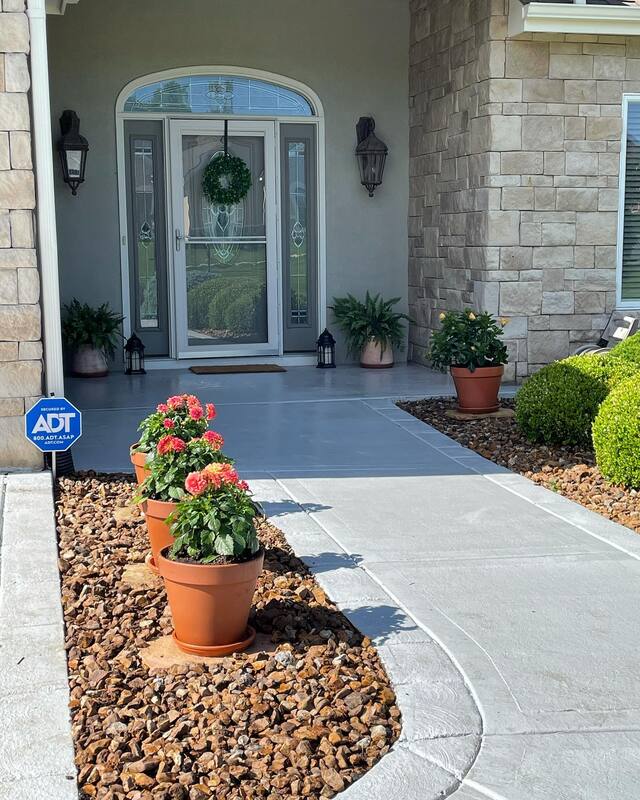
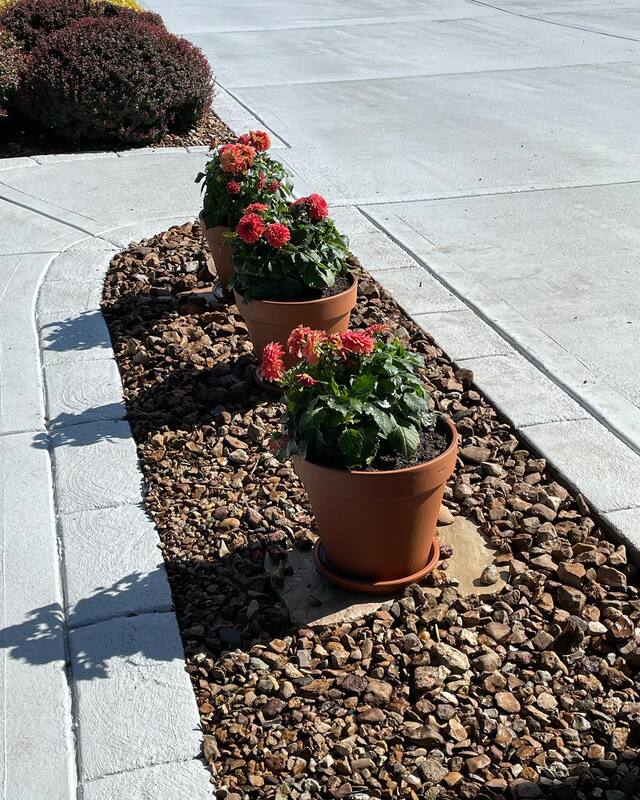
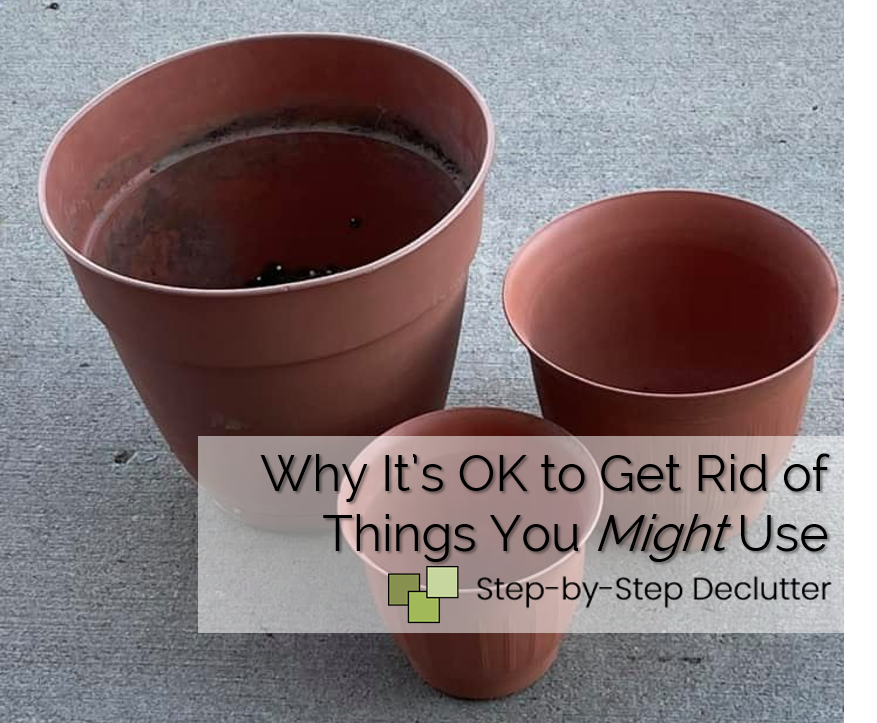
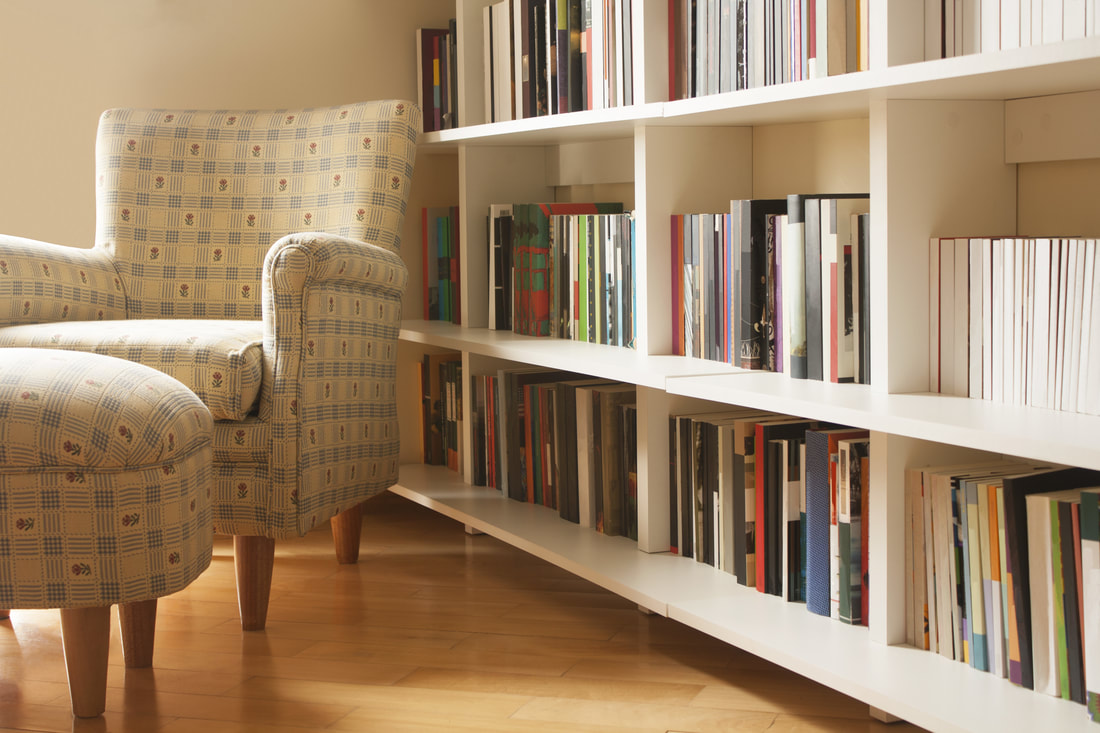
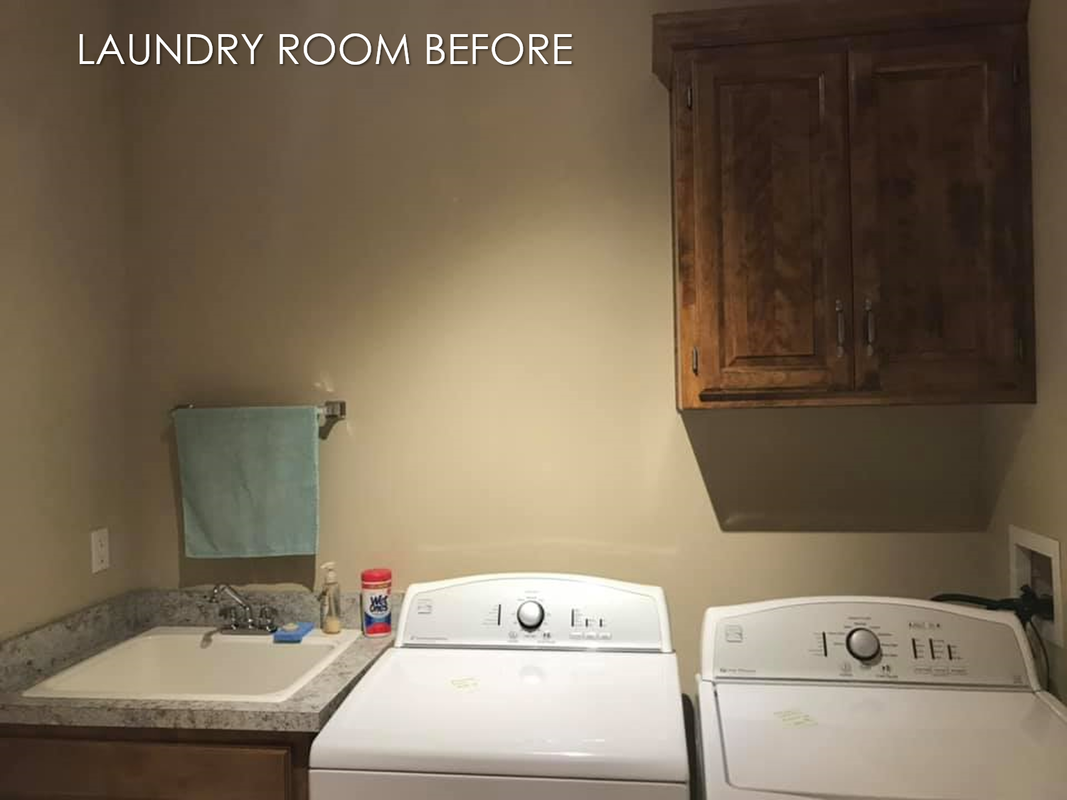
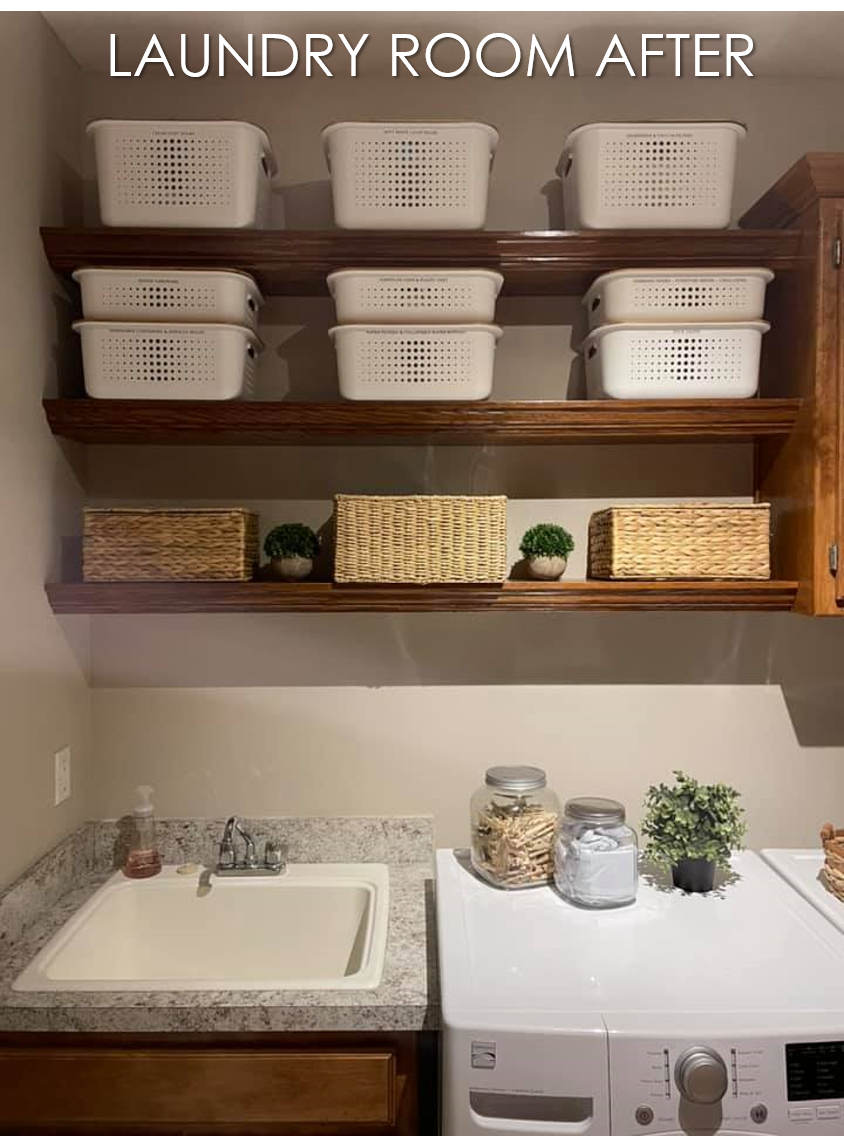
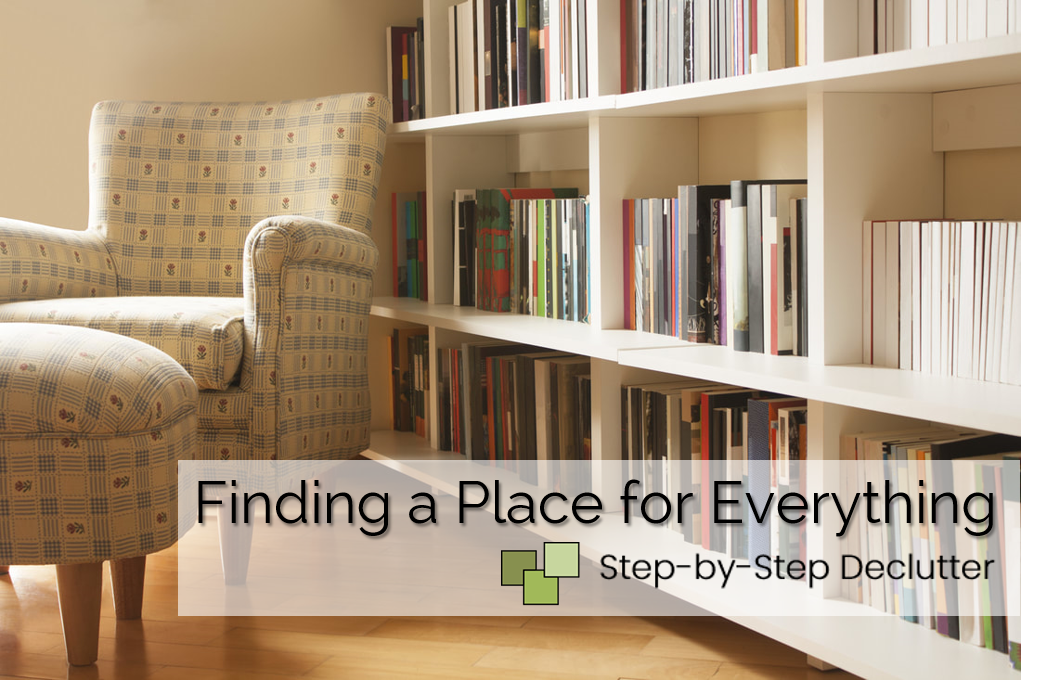
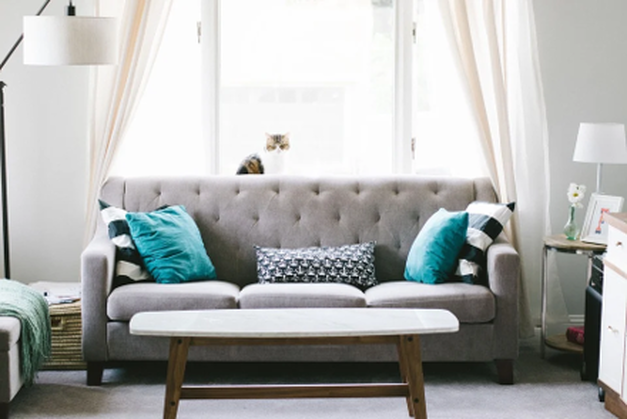
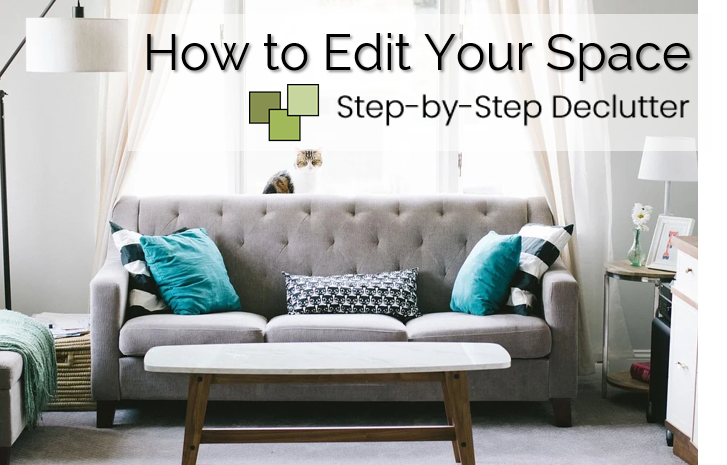

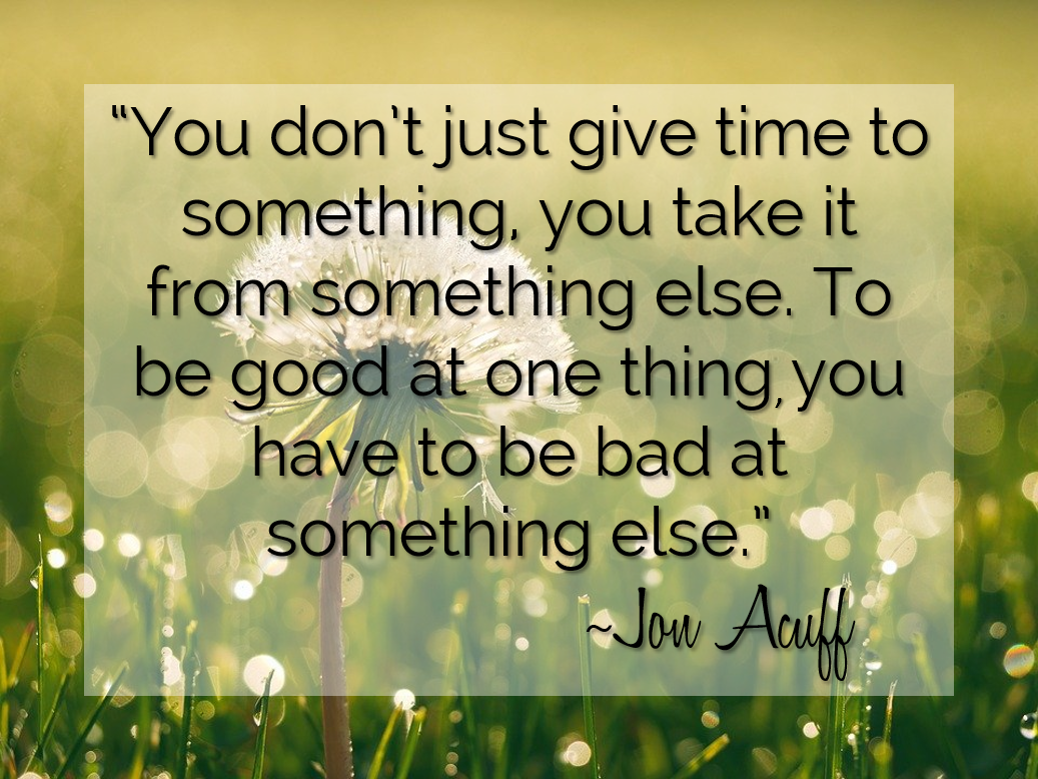
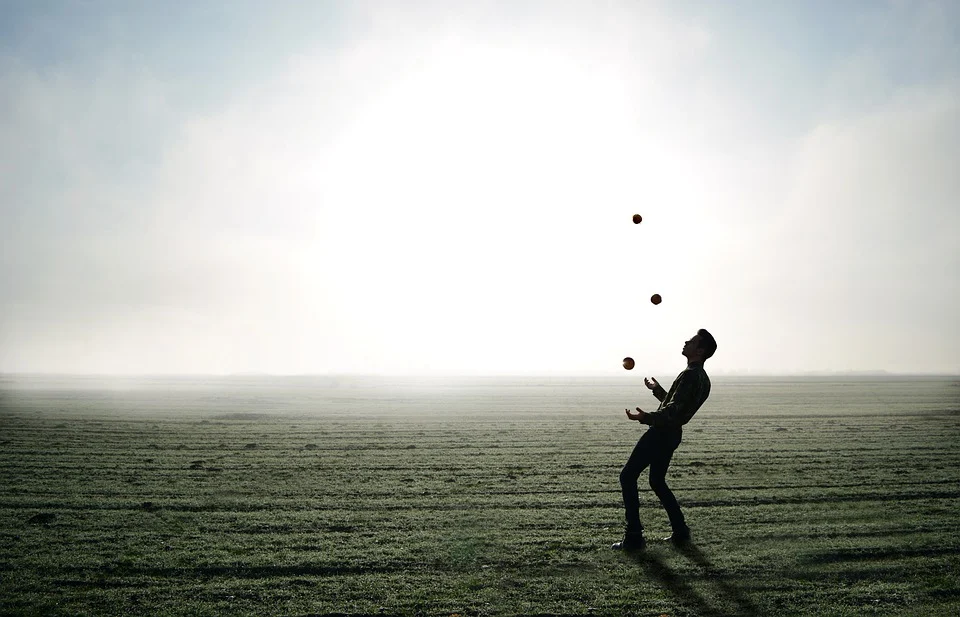

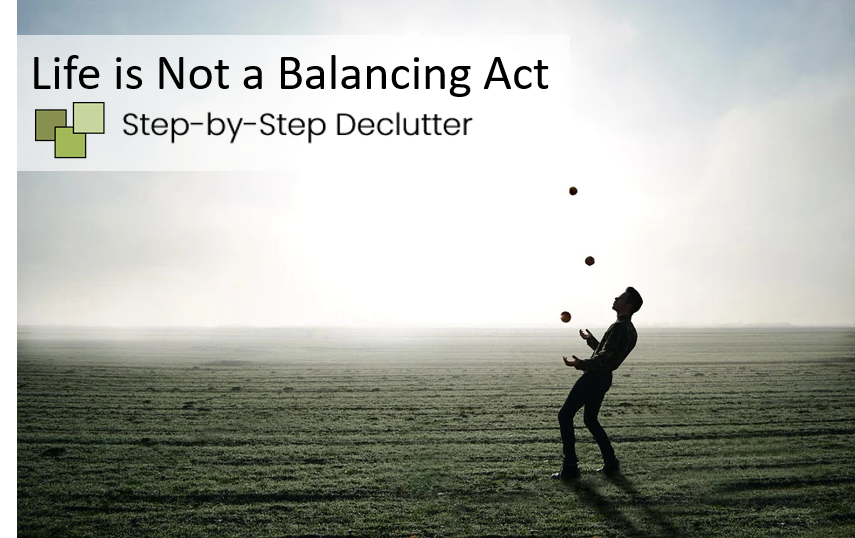

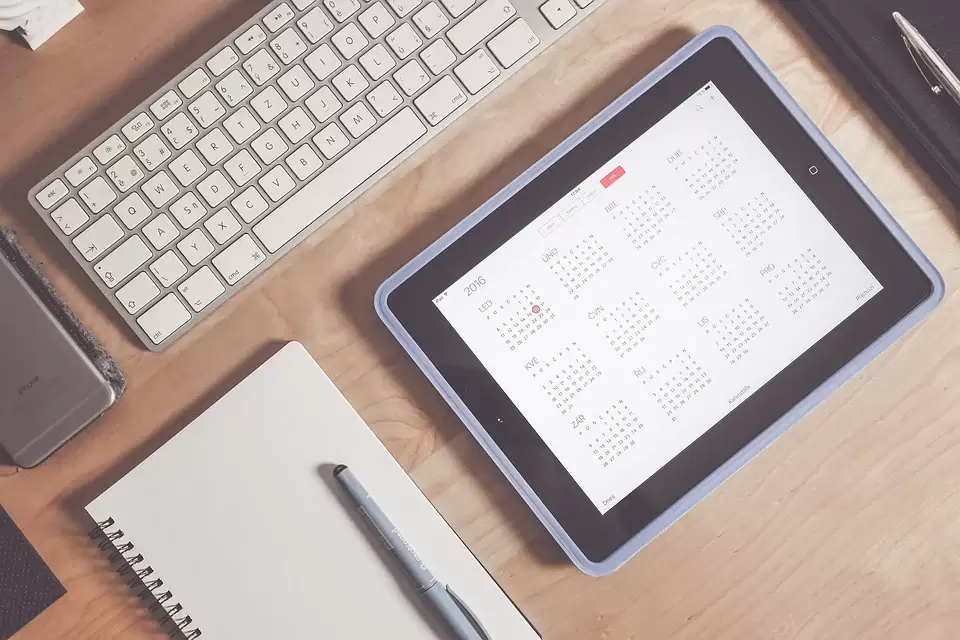
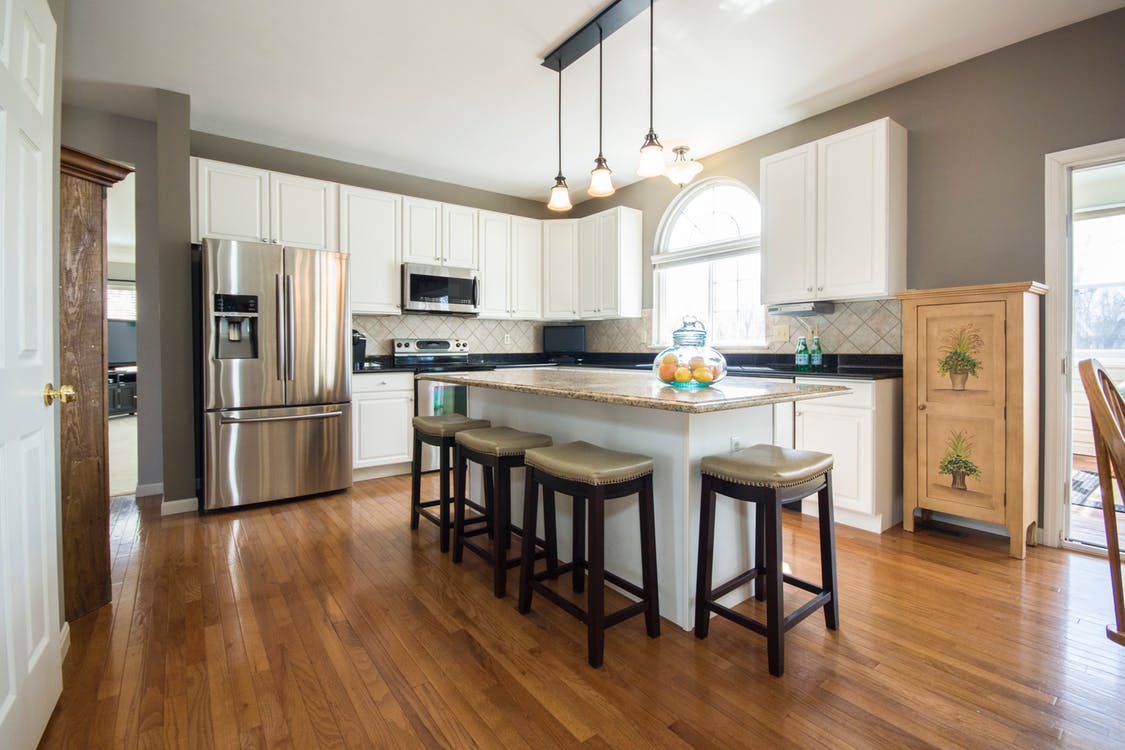
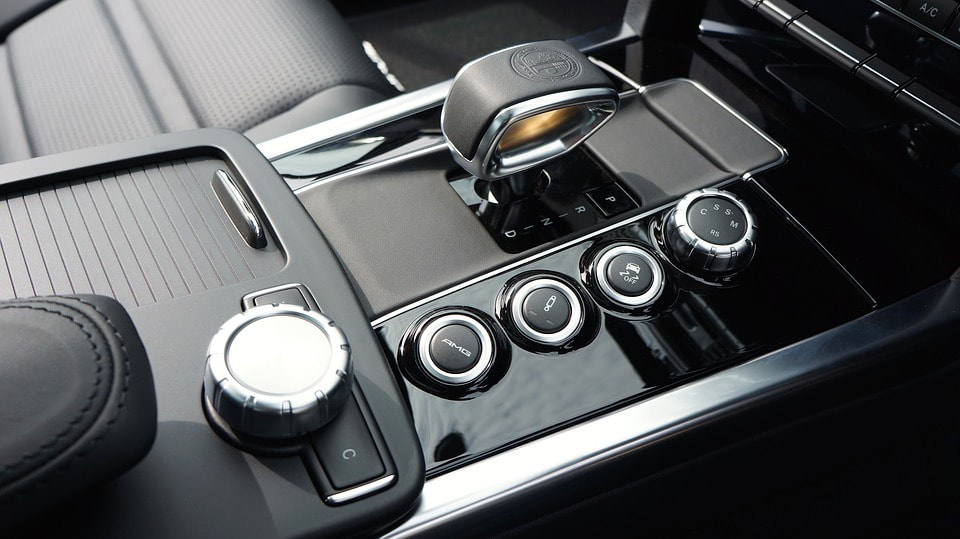
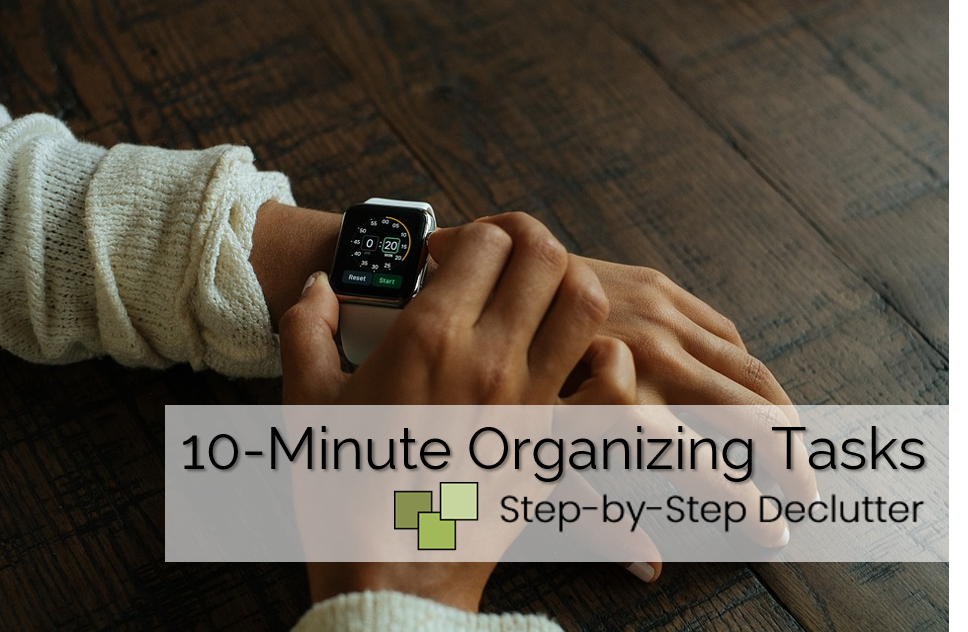


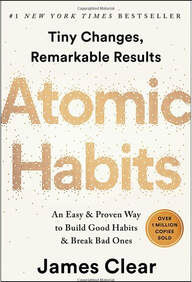

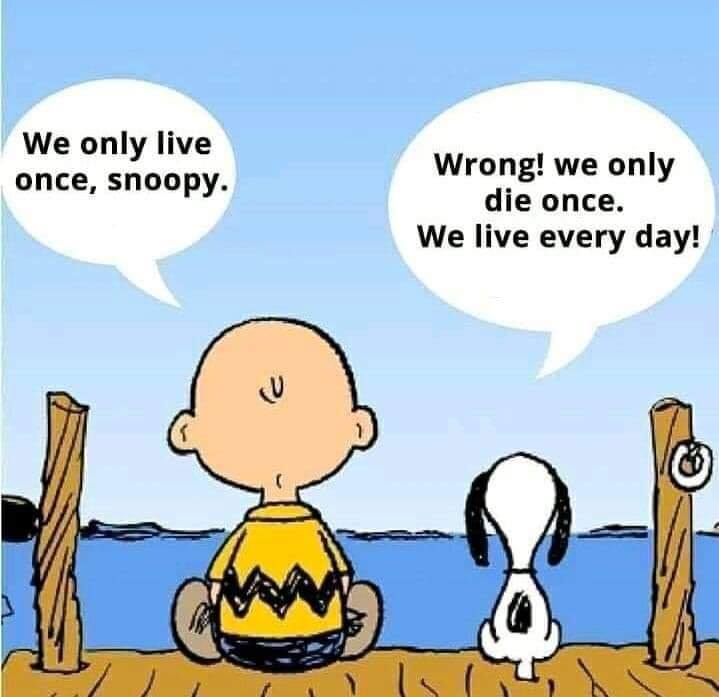

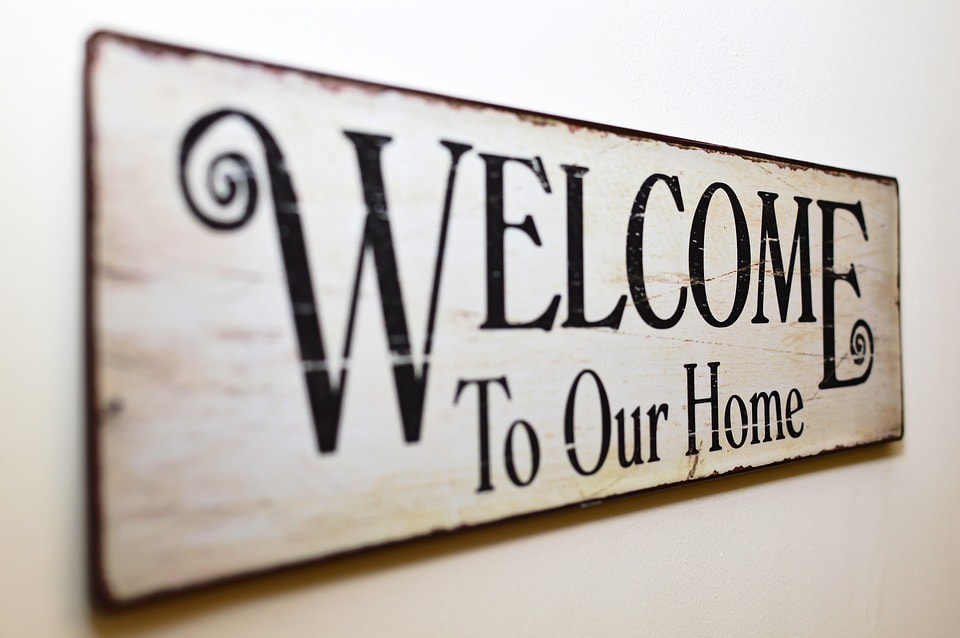

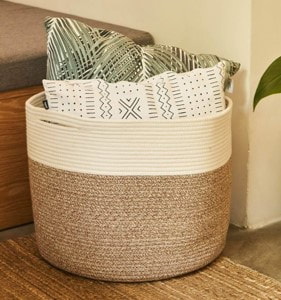
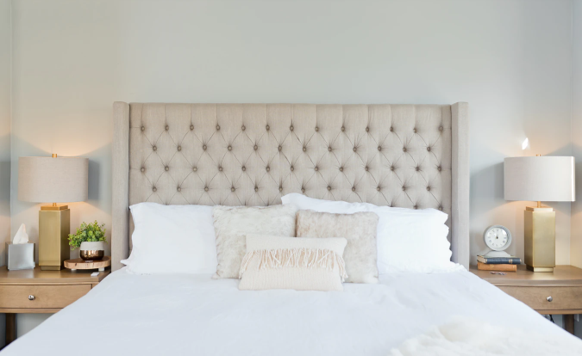
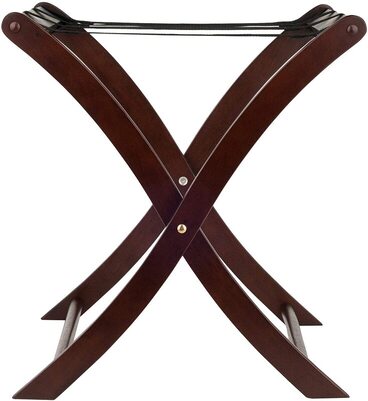

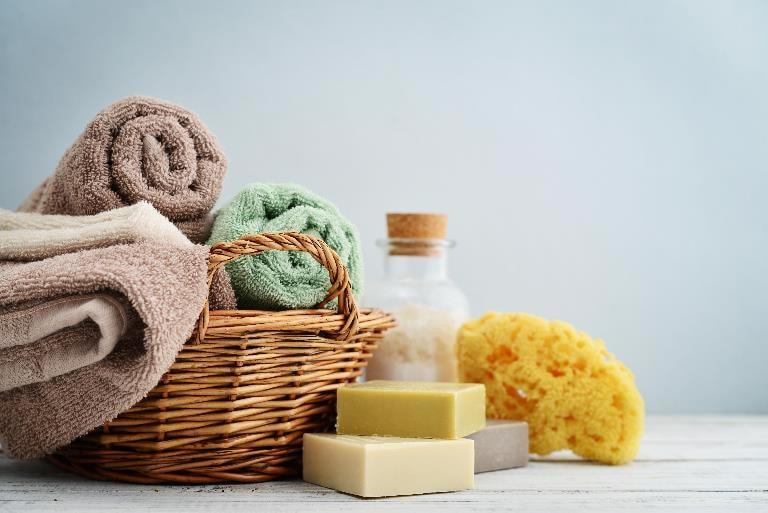
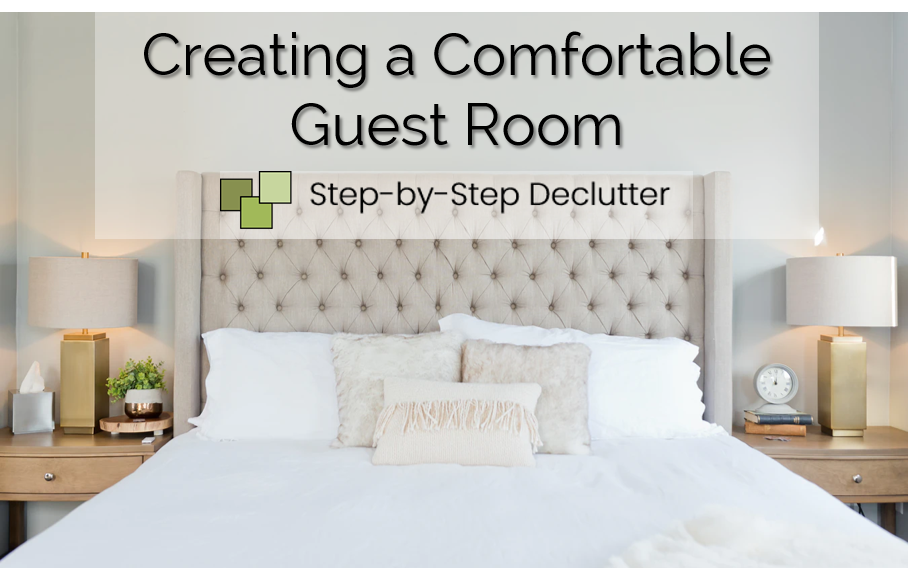


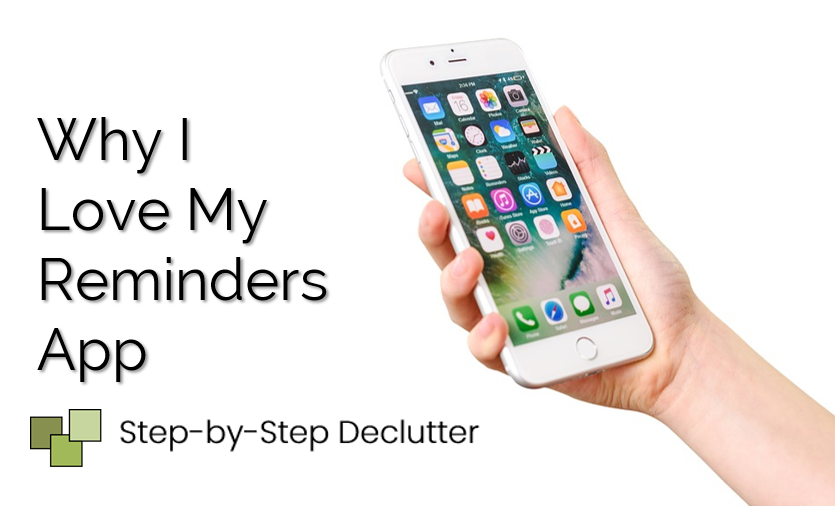

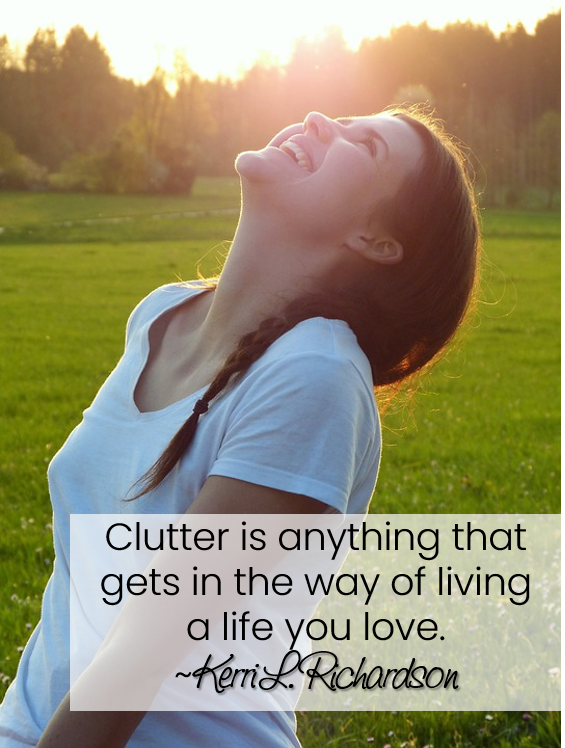
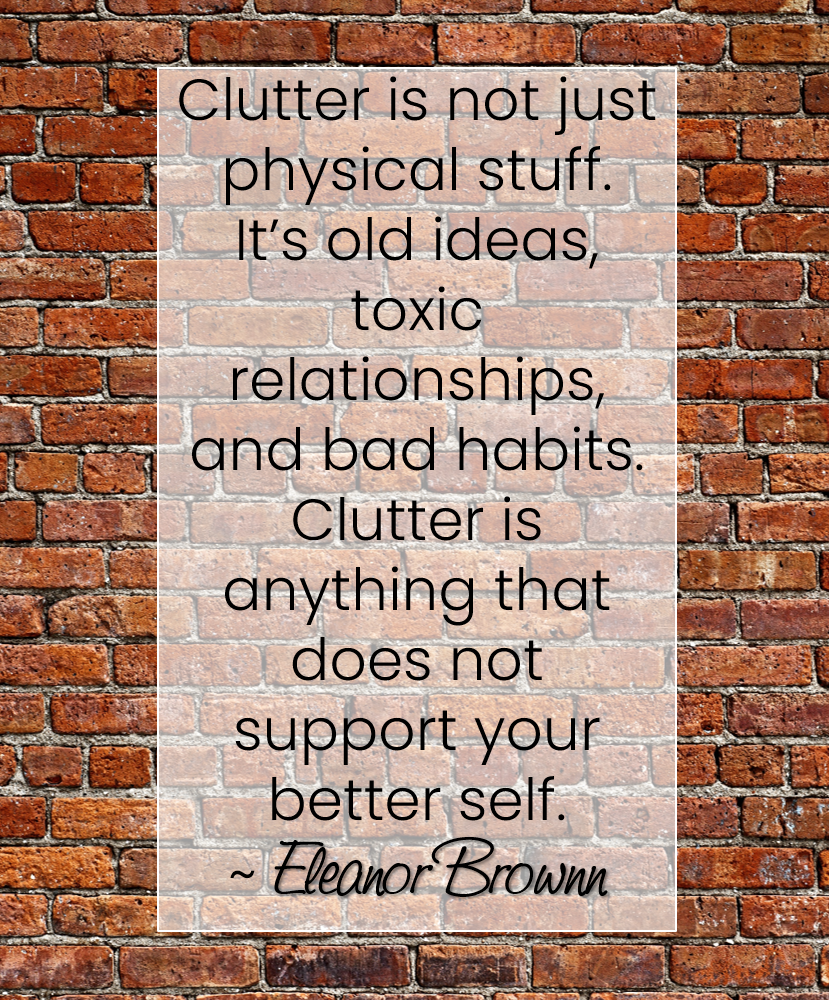




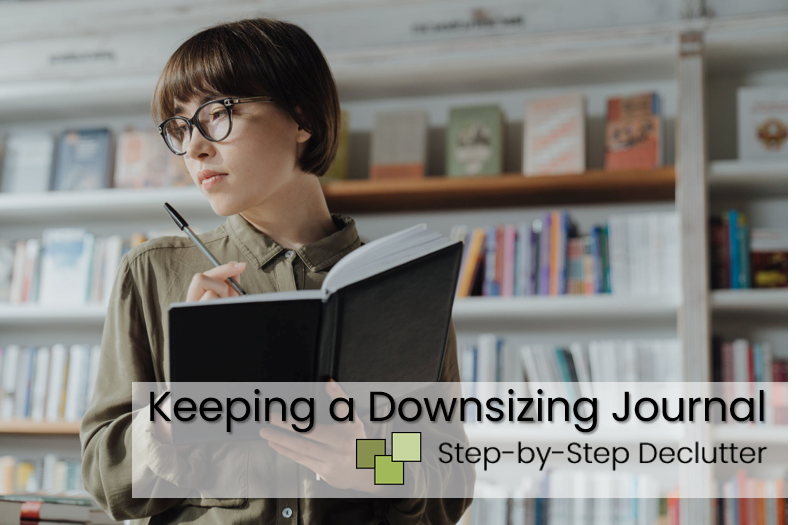

 RSS Feed
RSS Feed